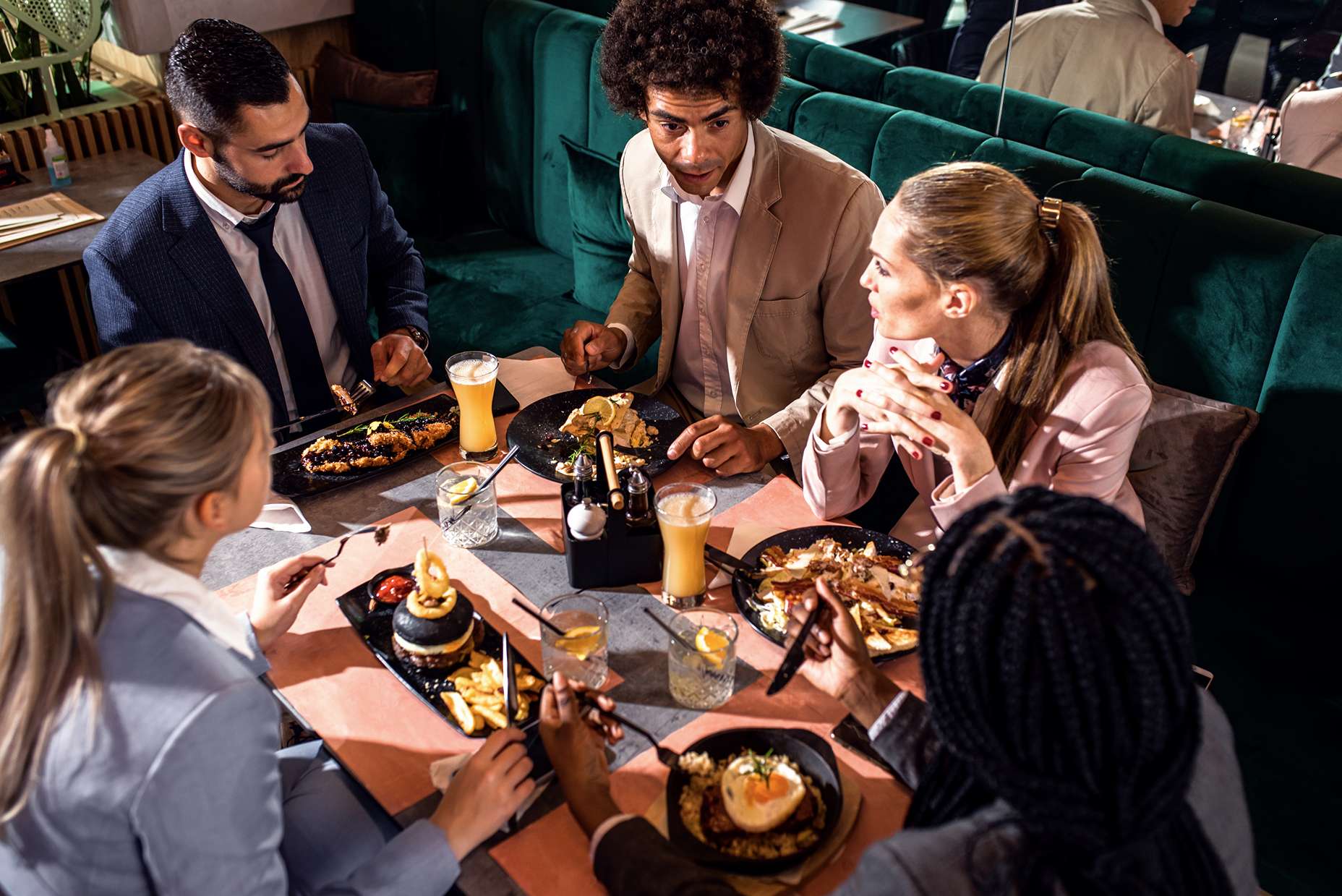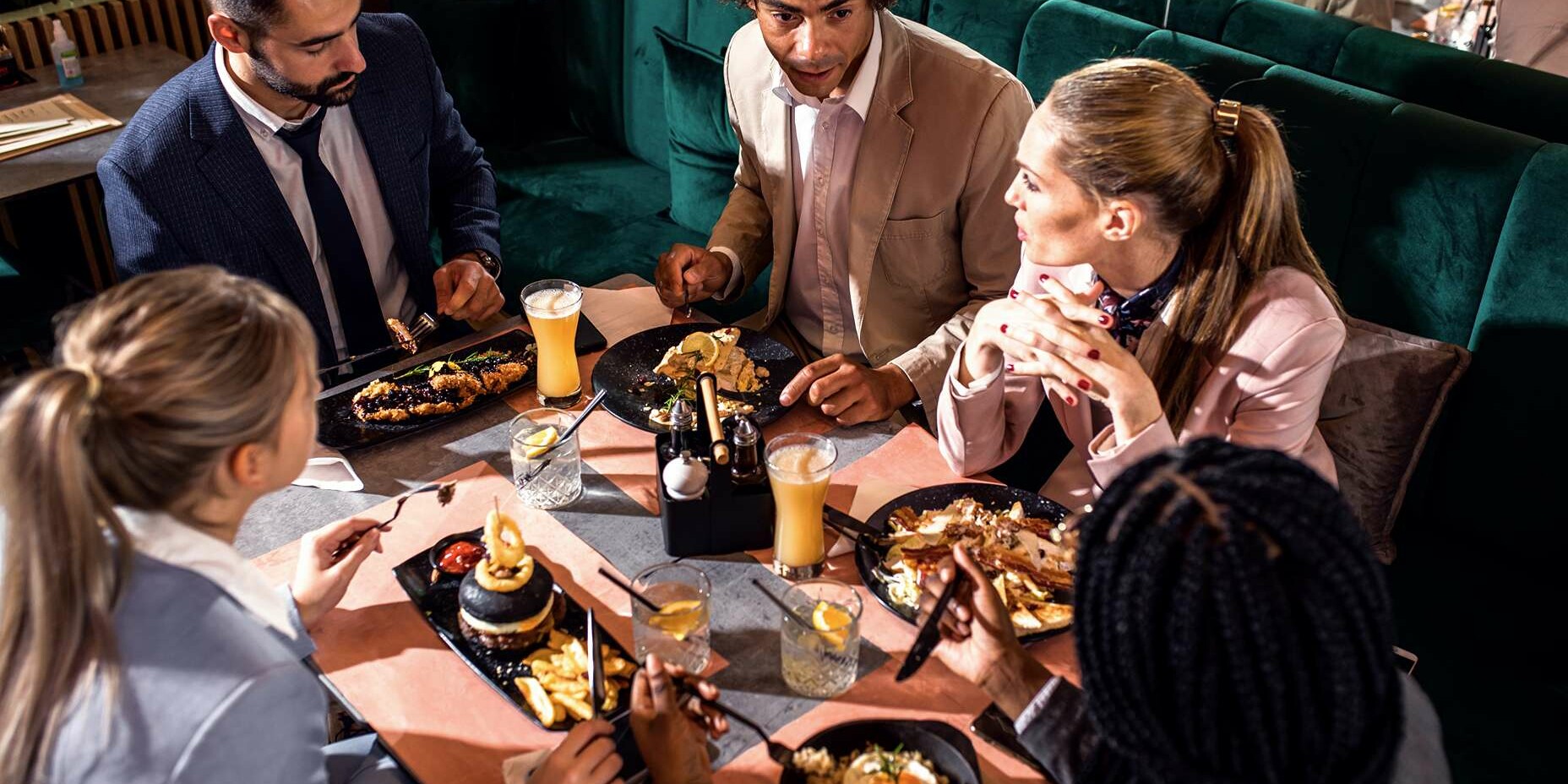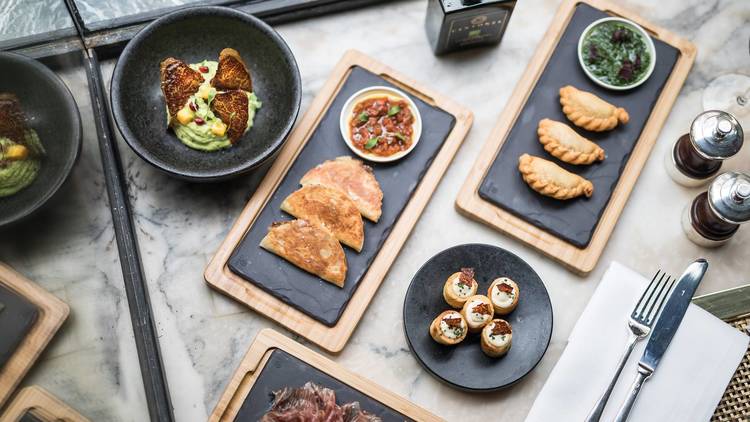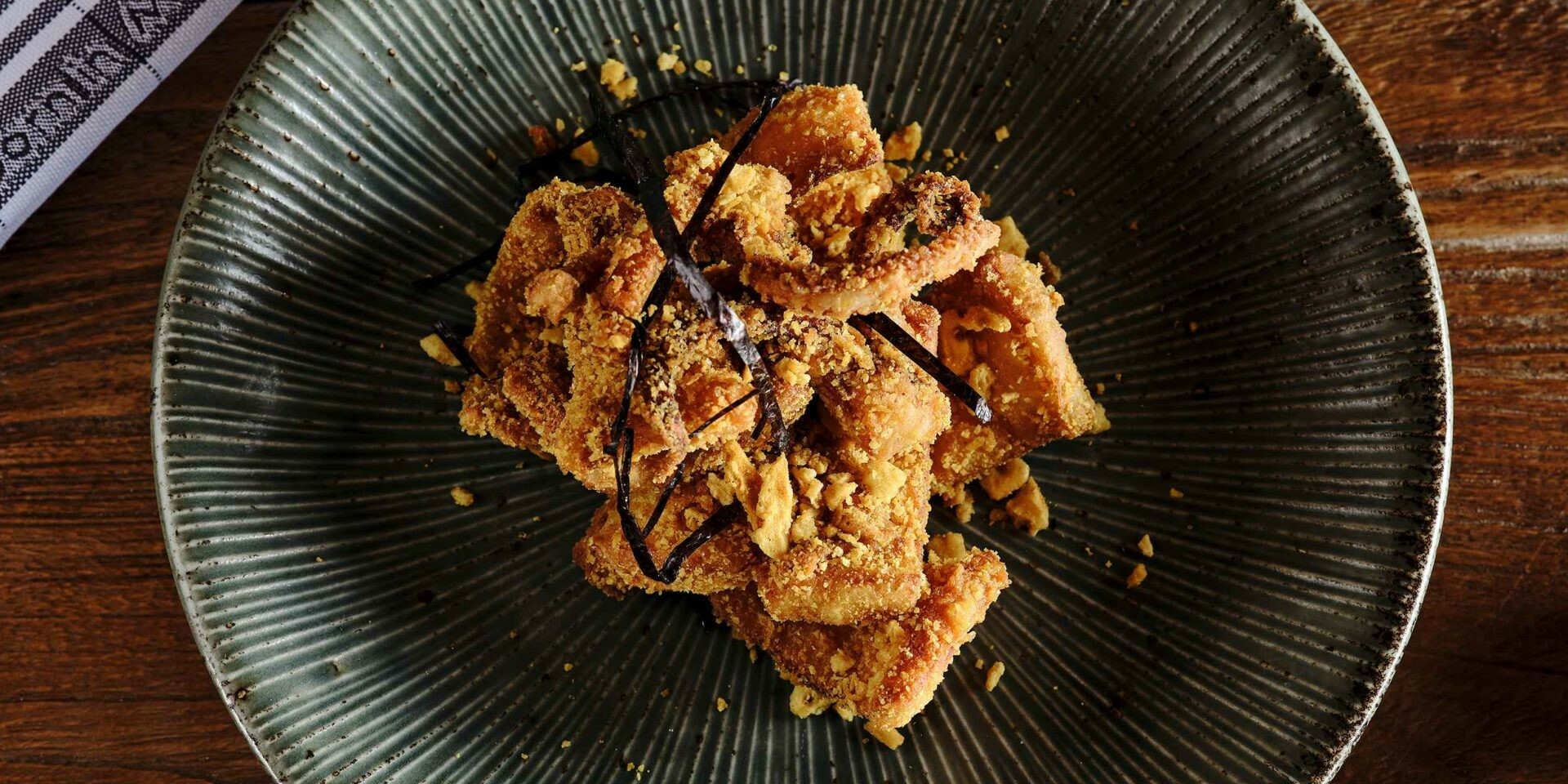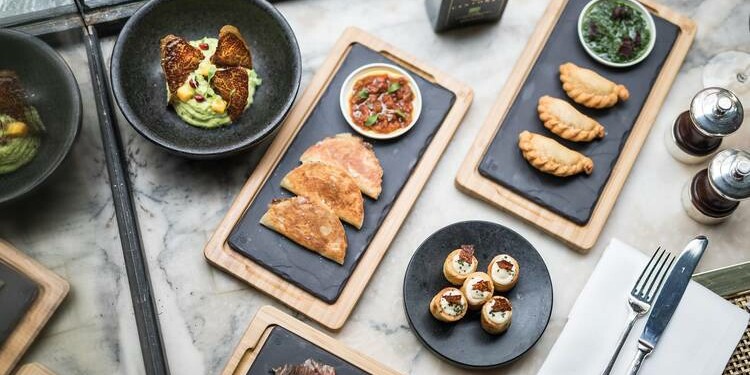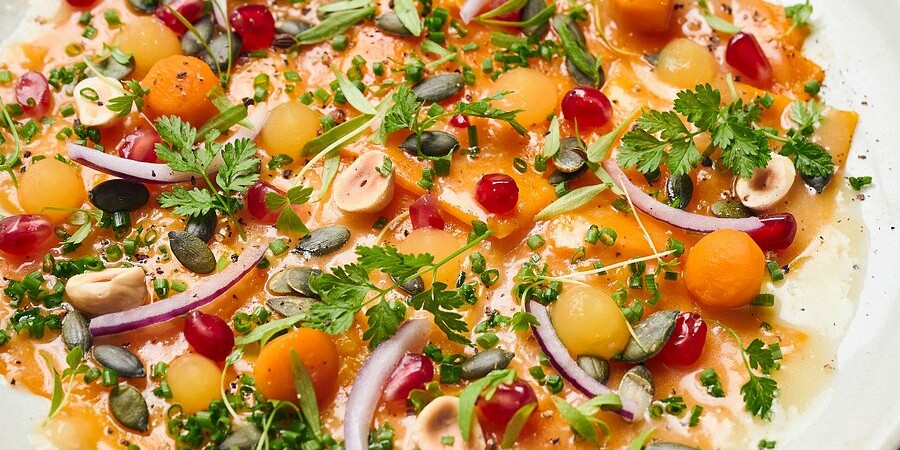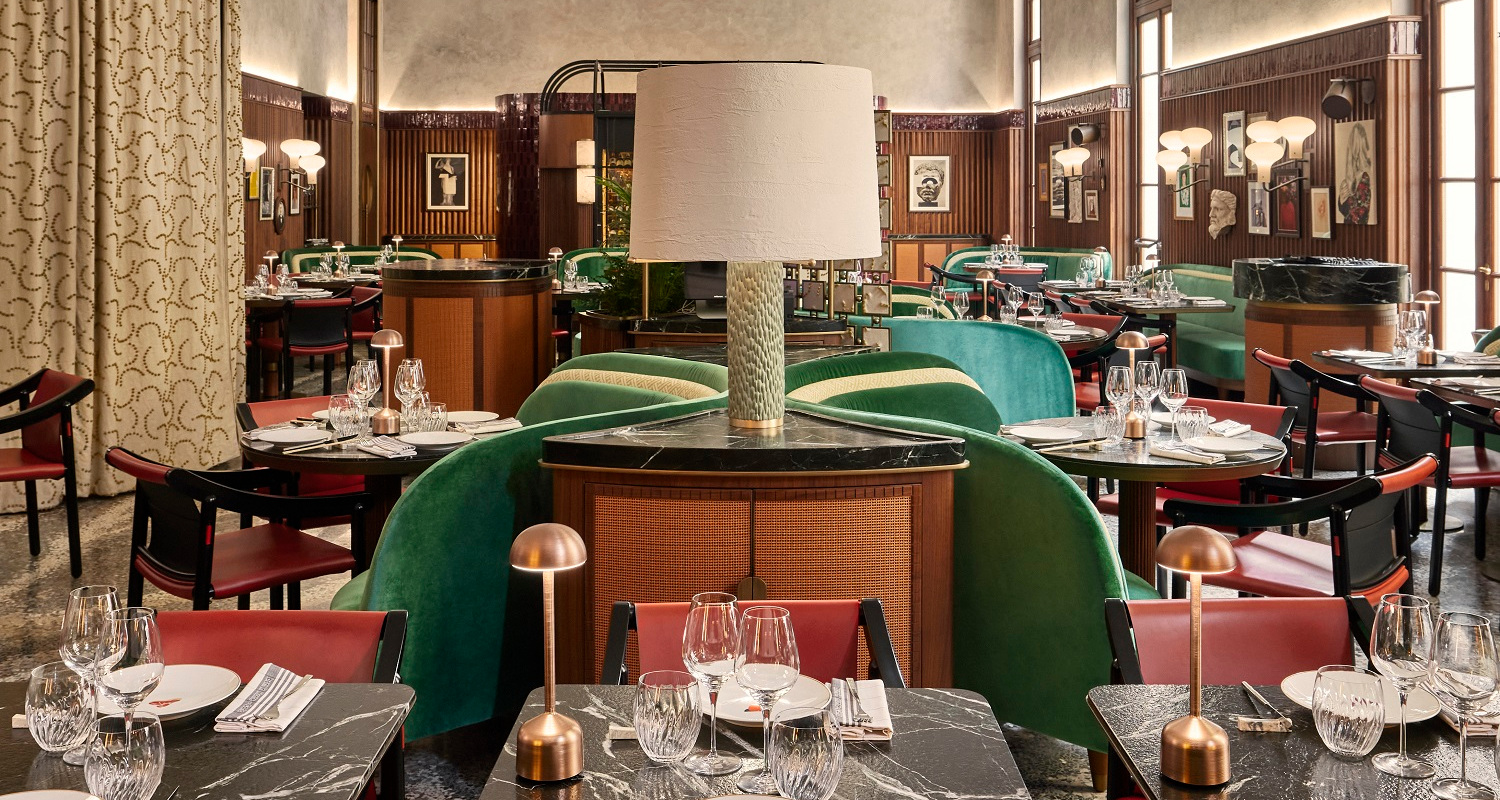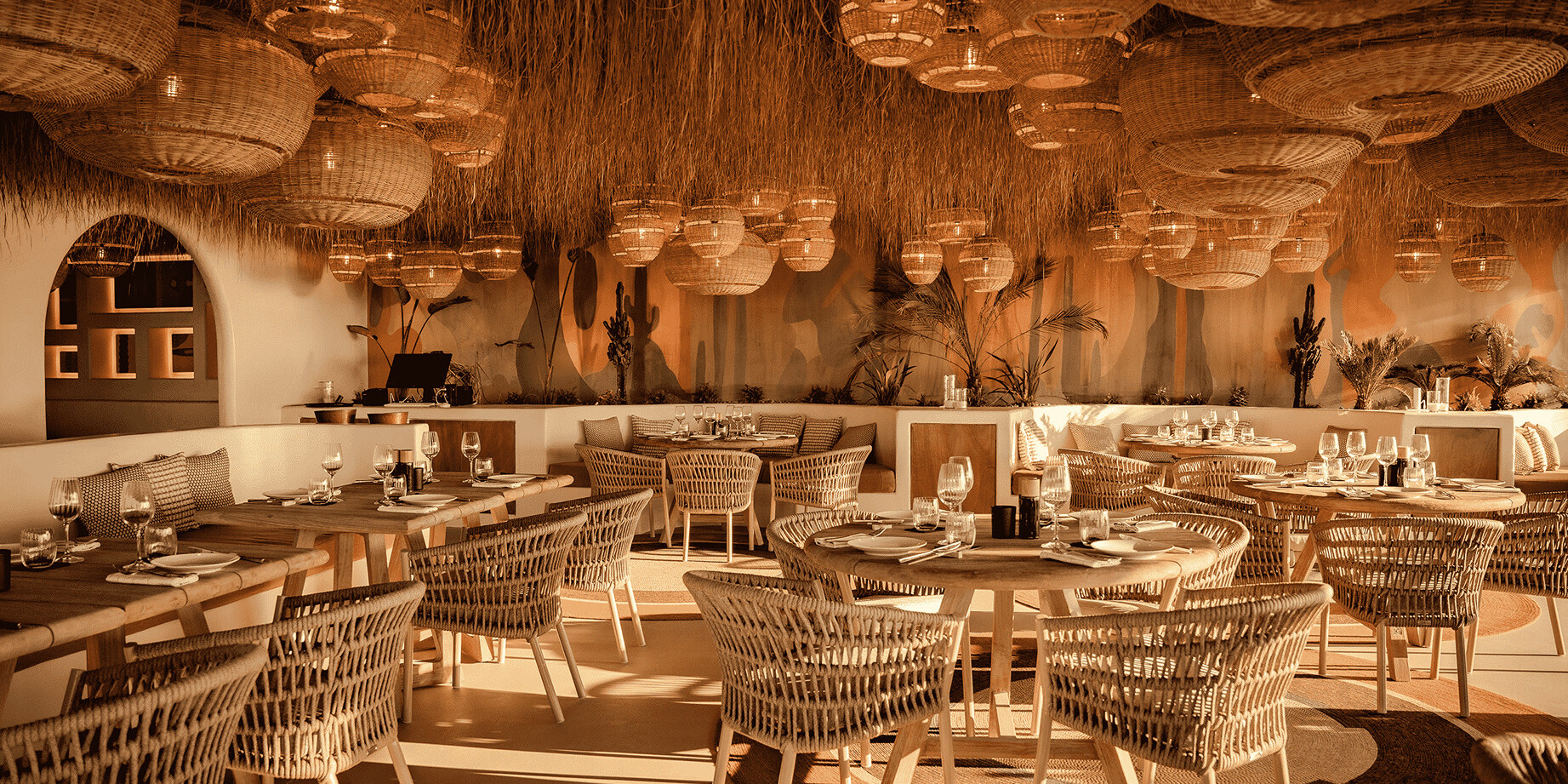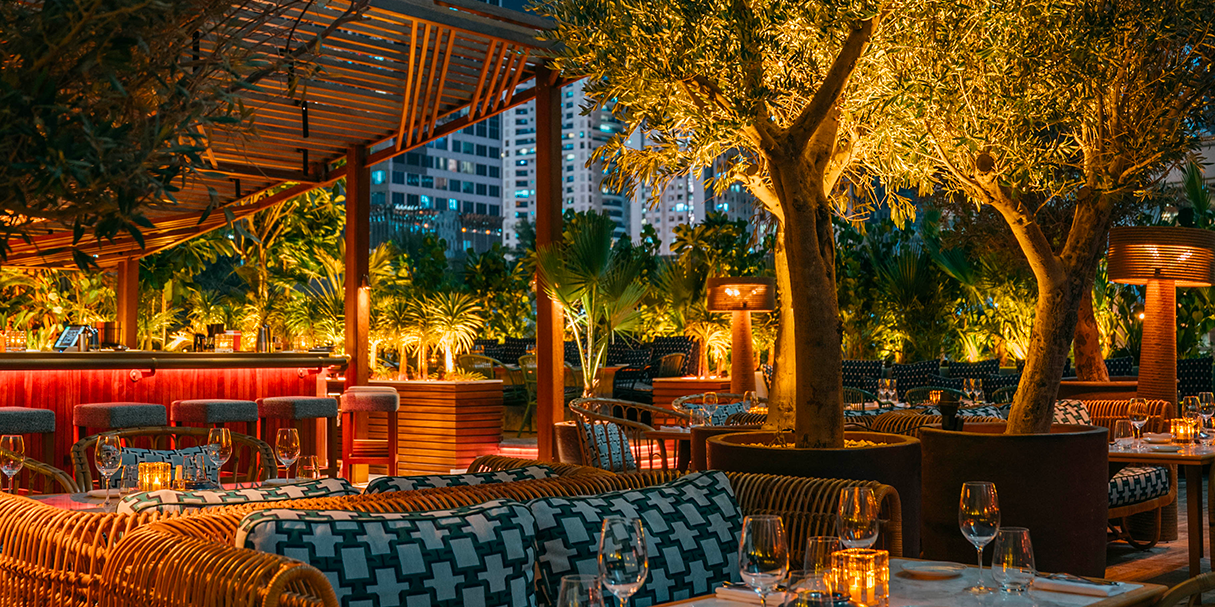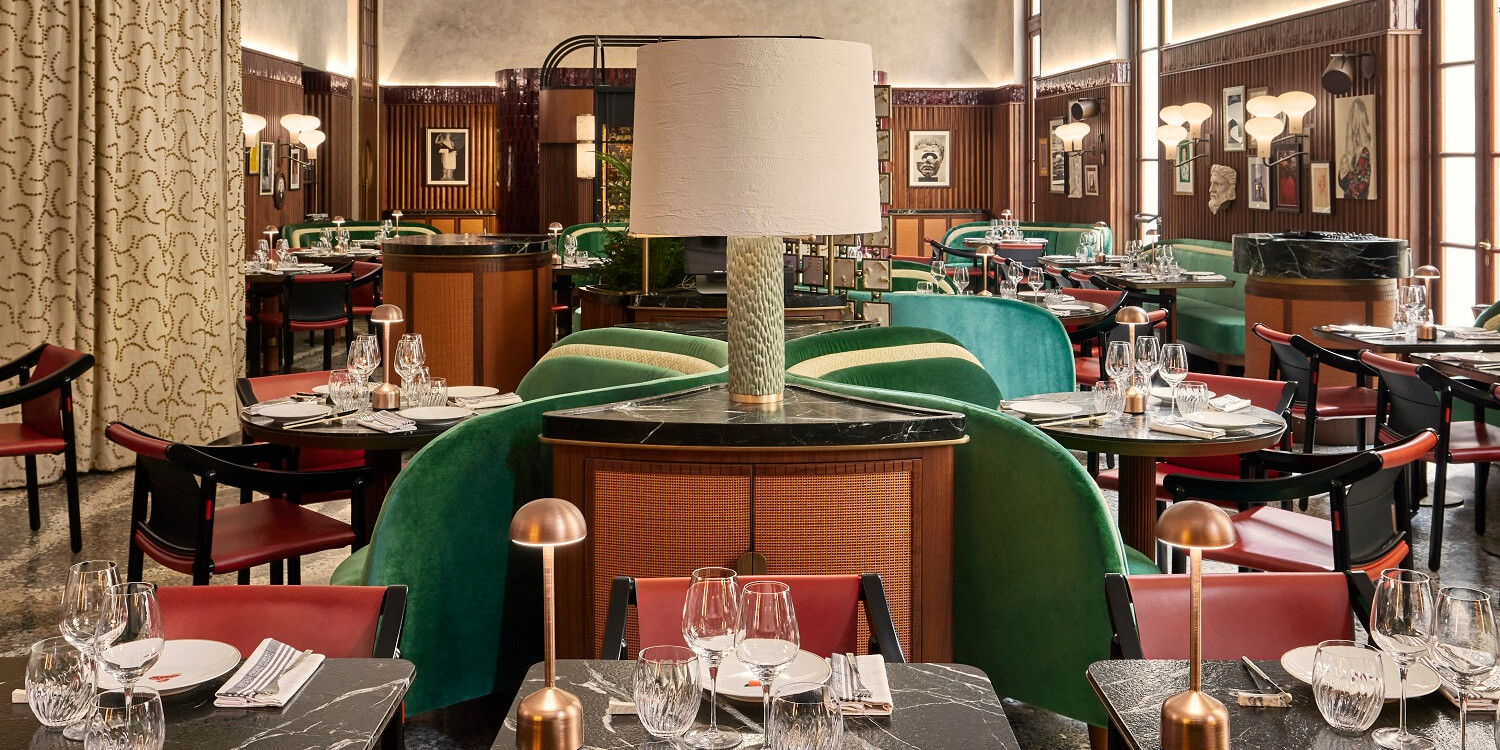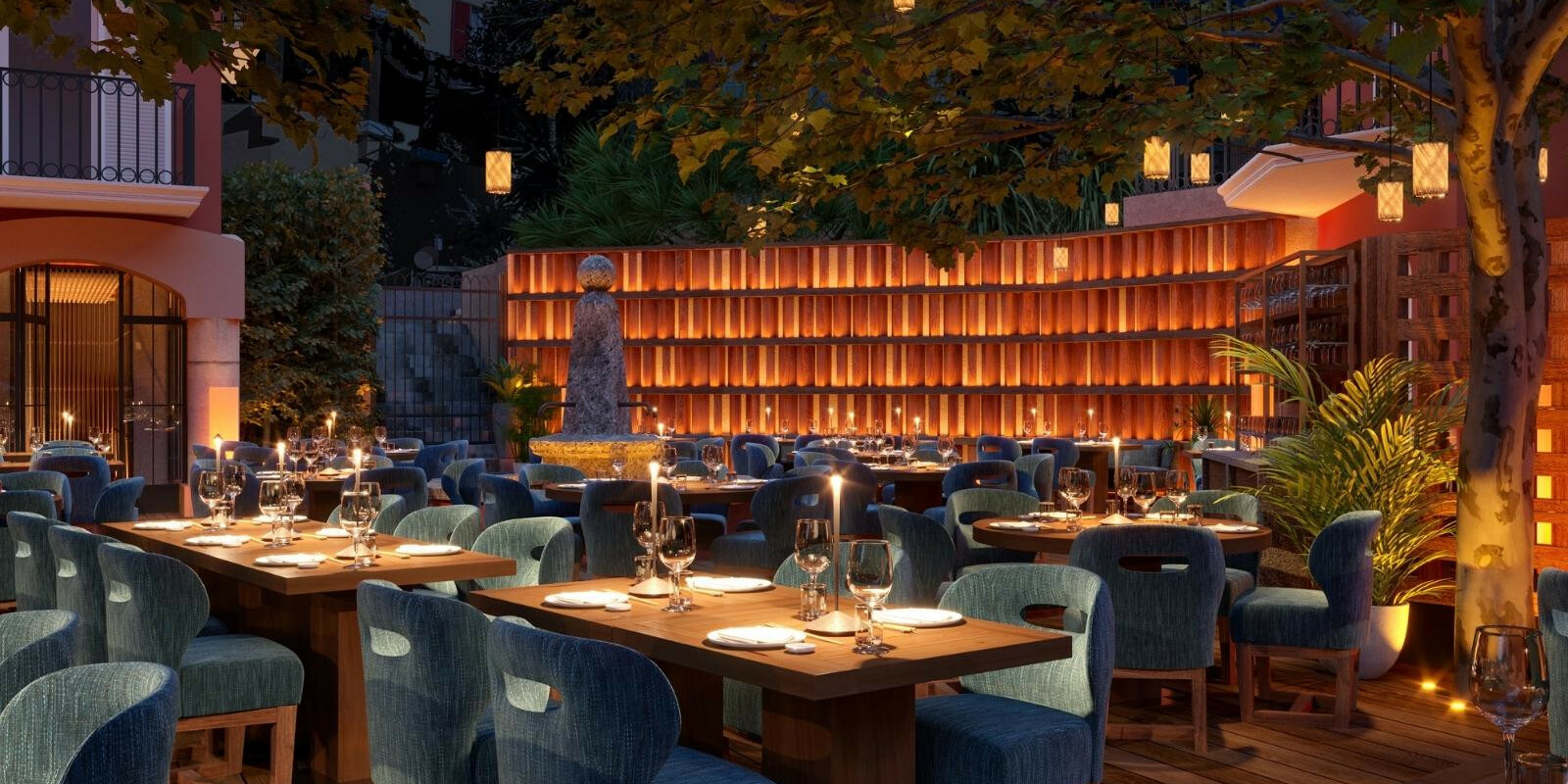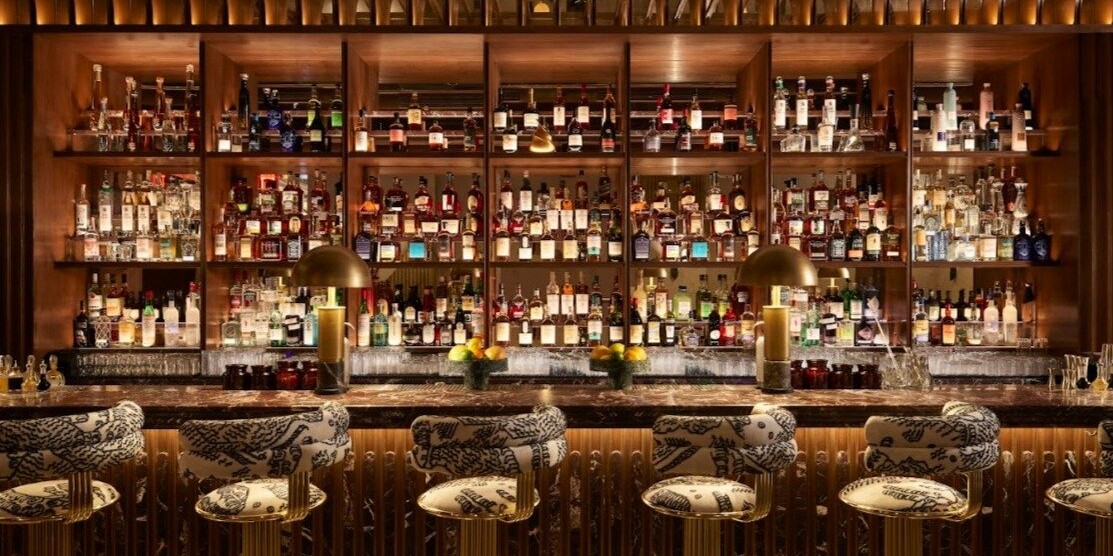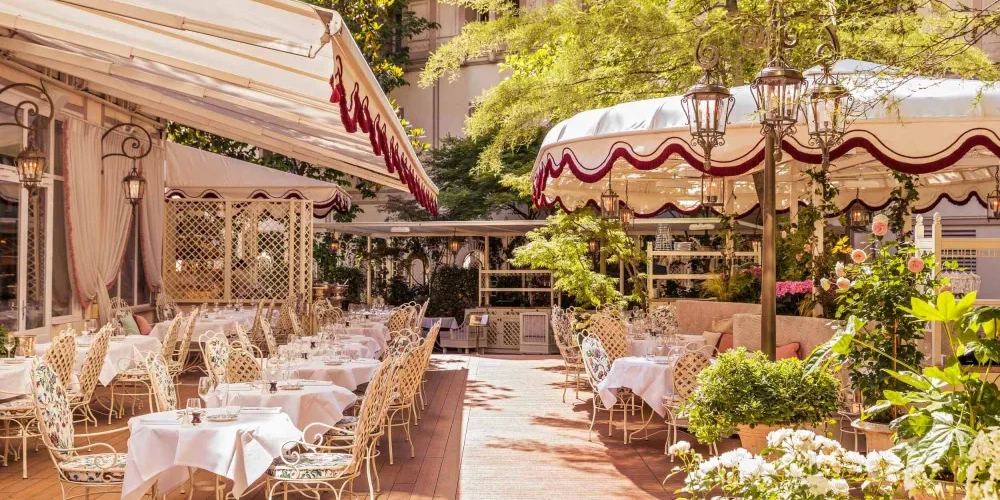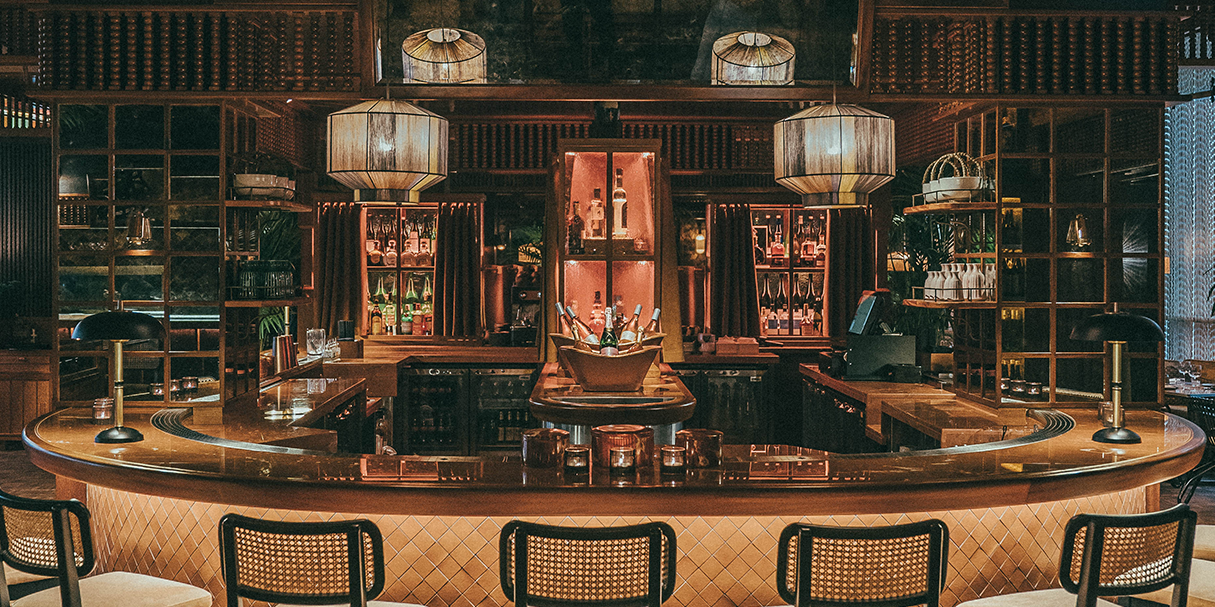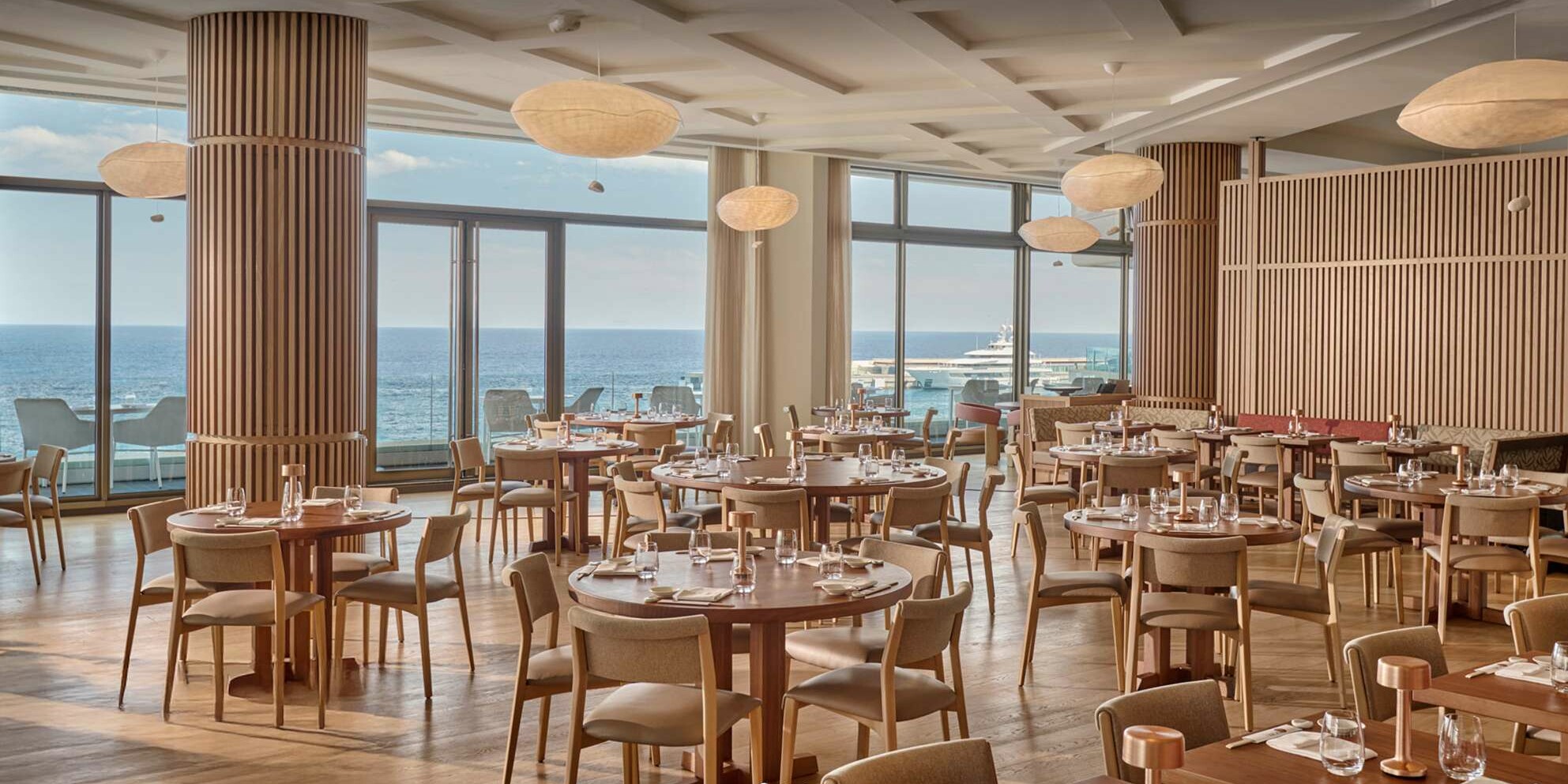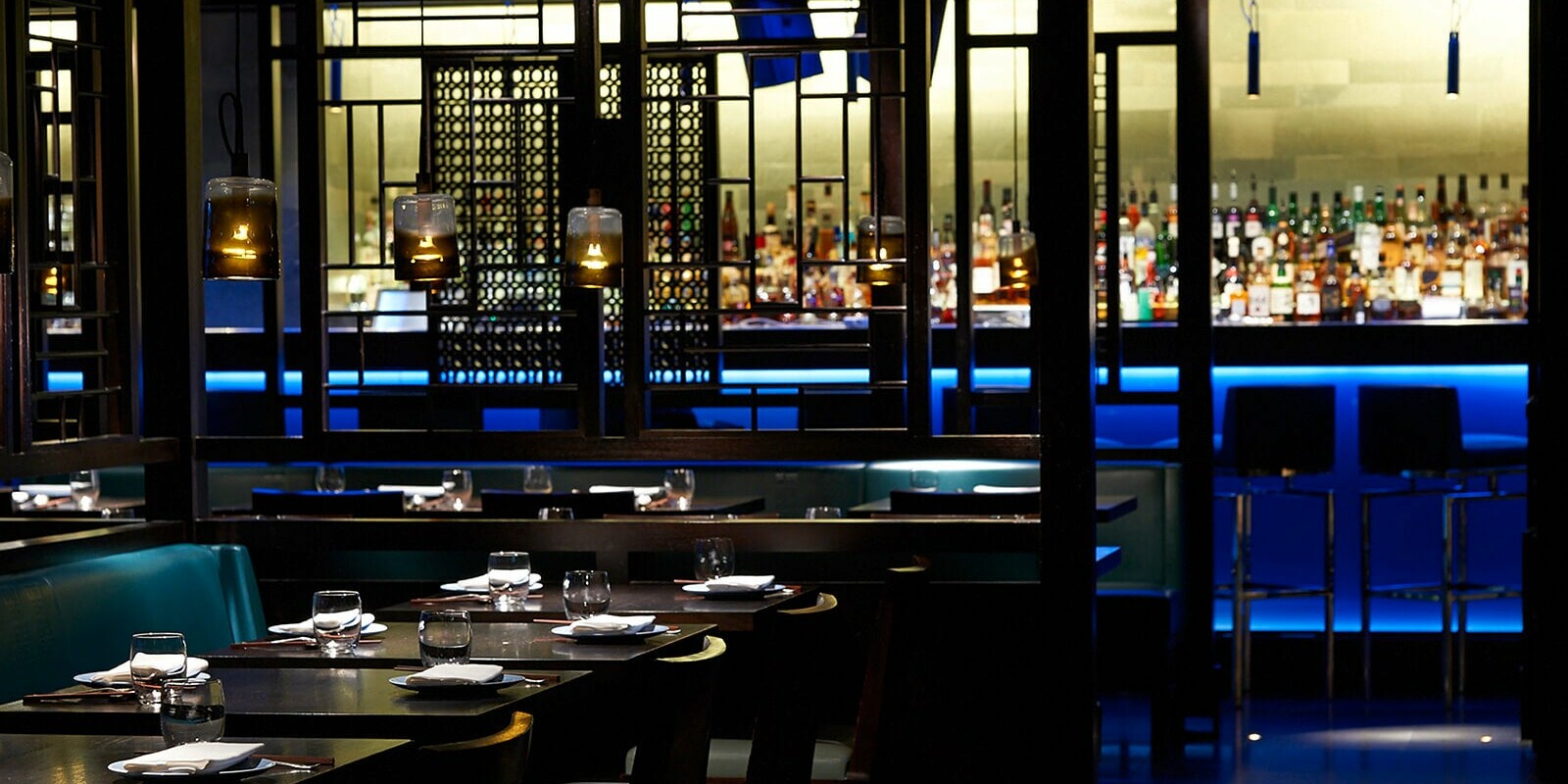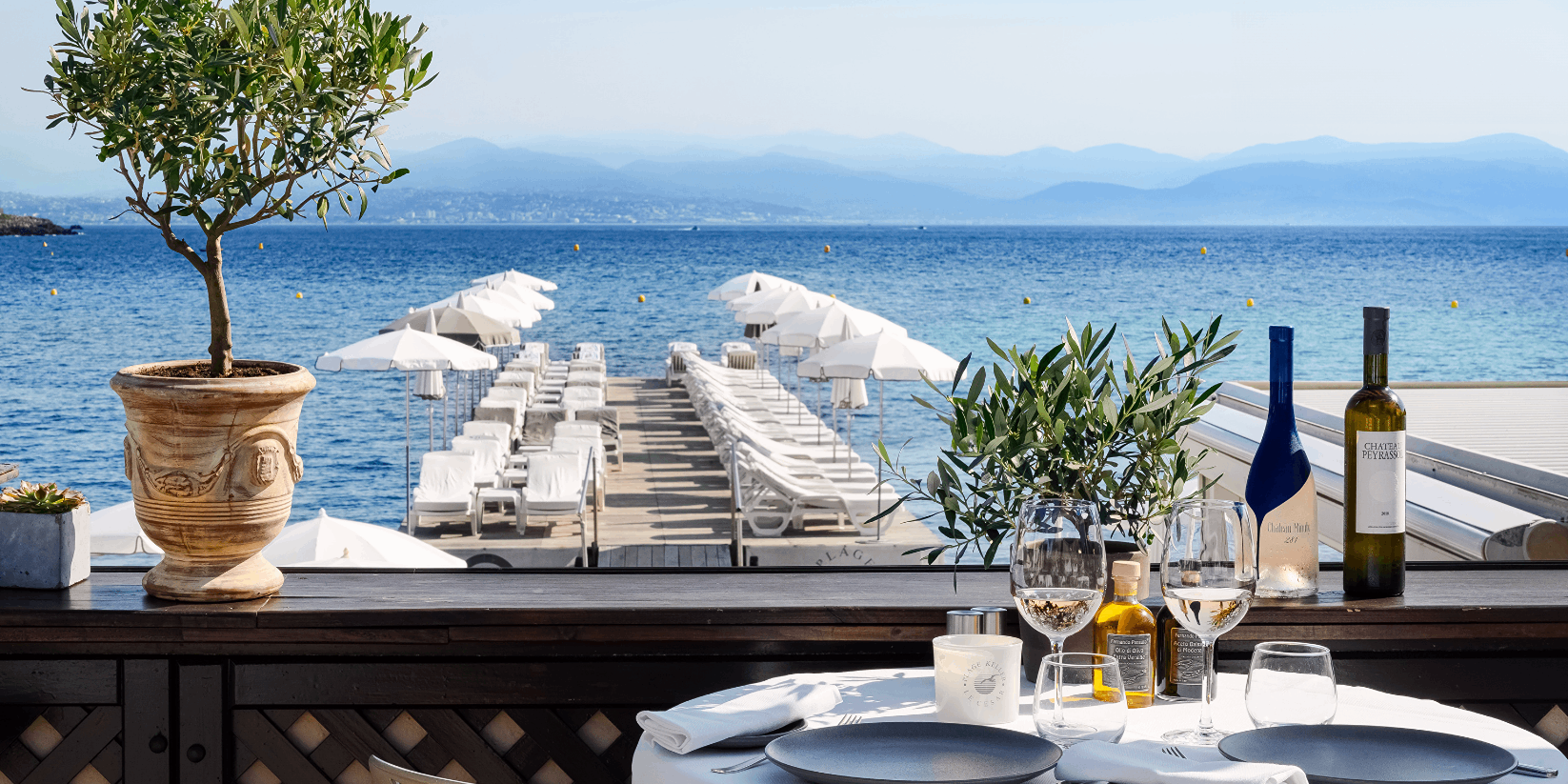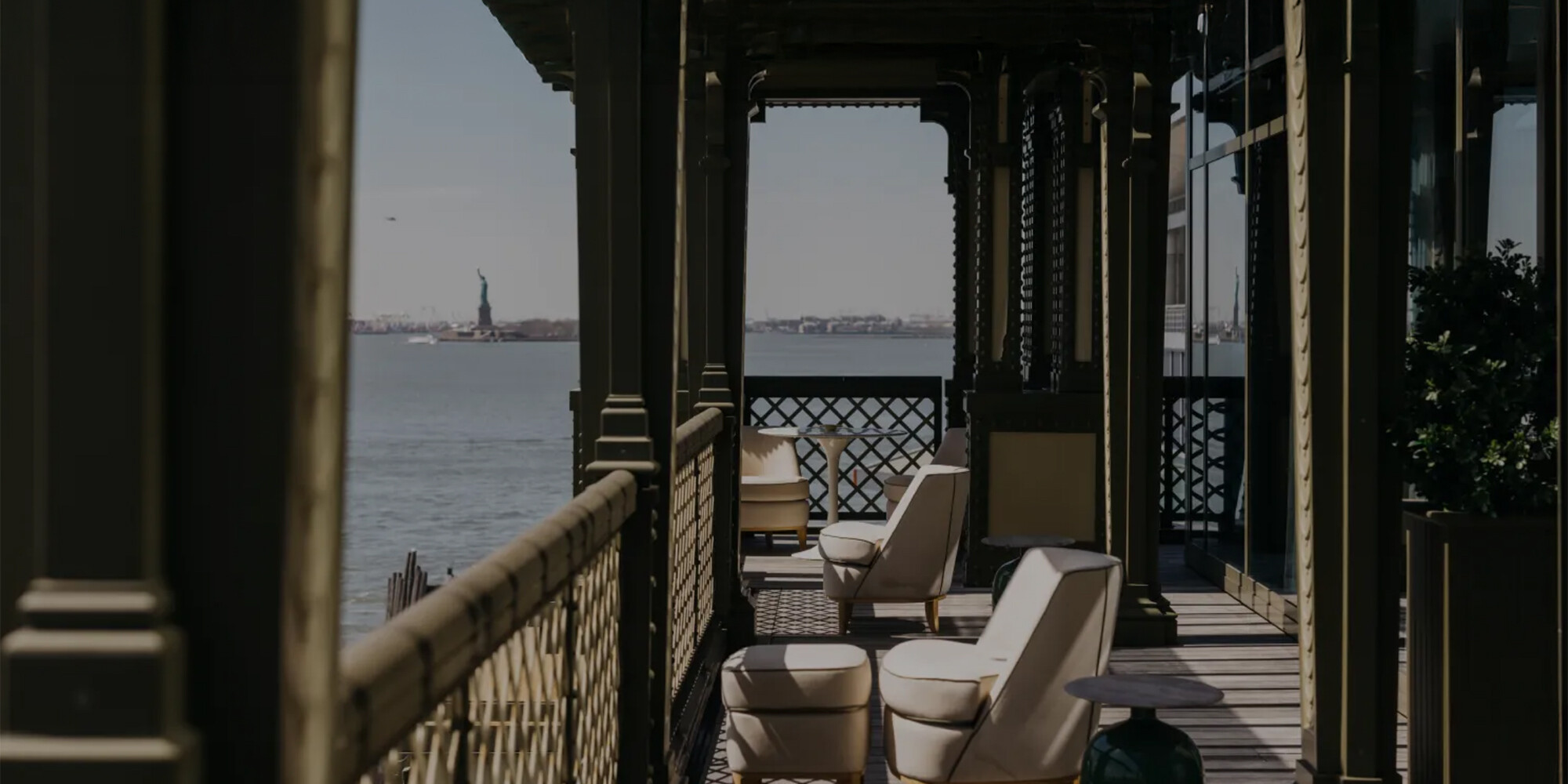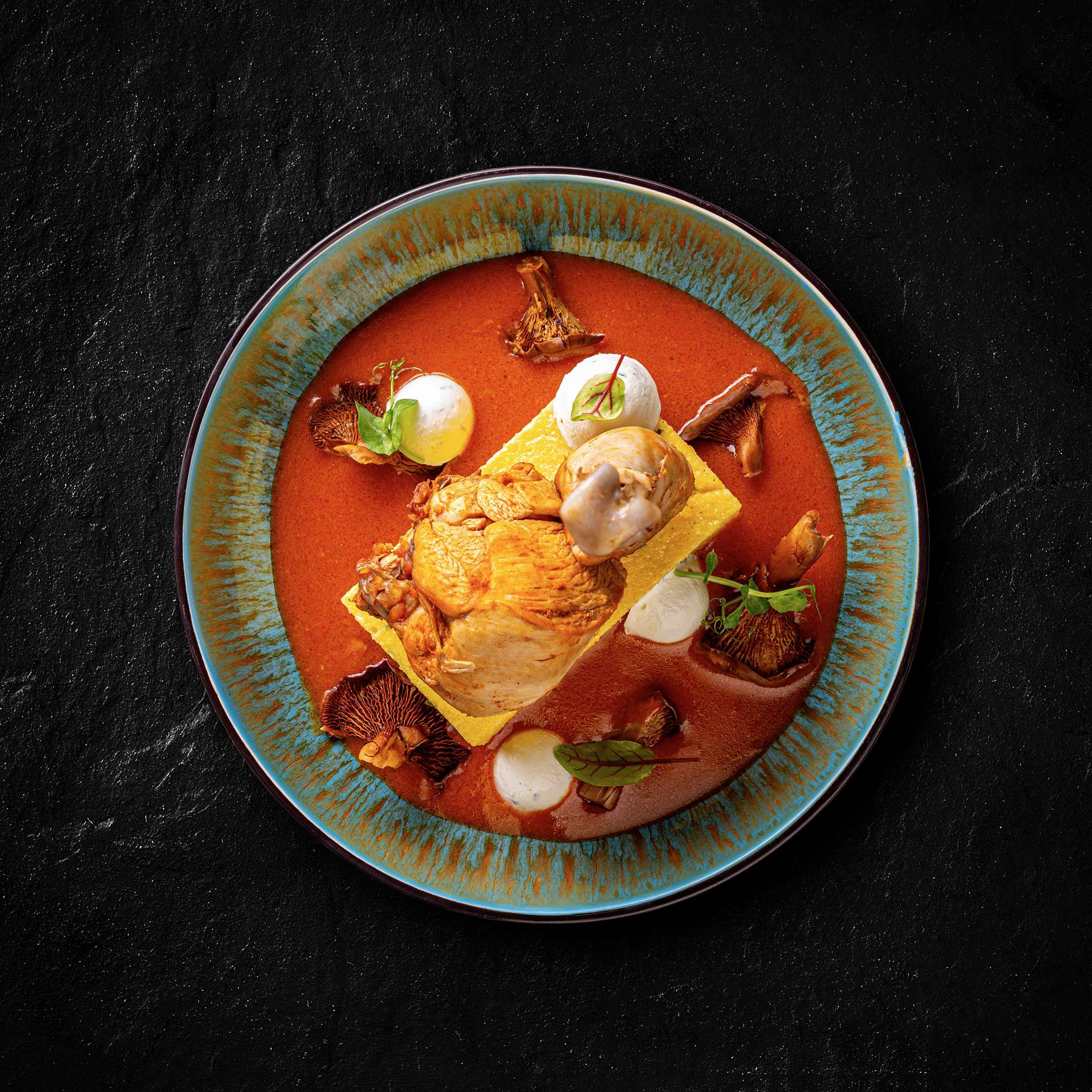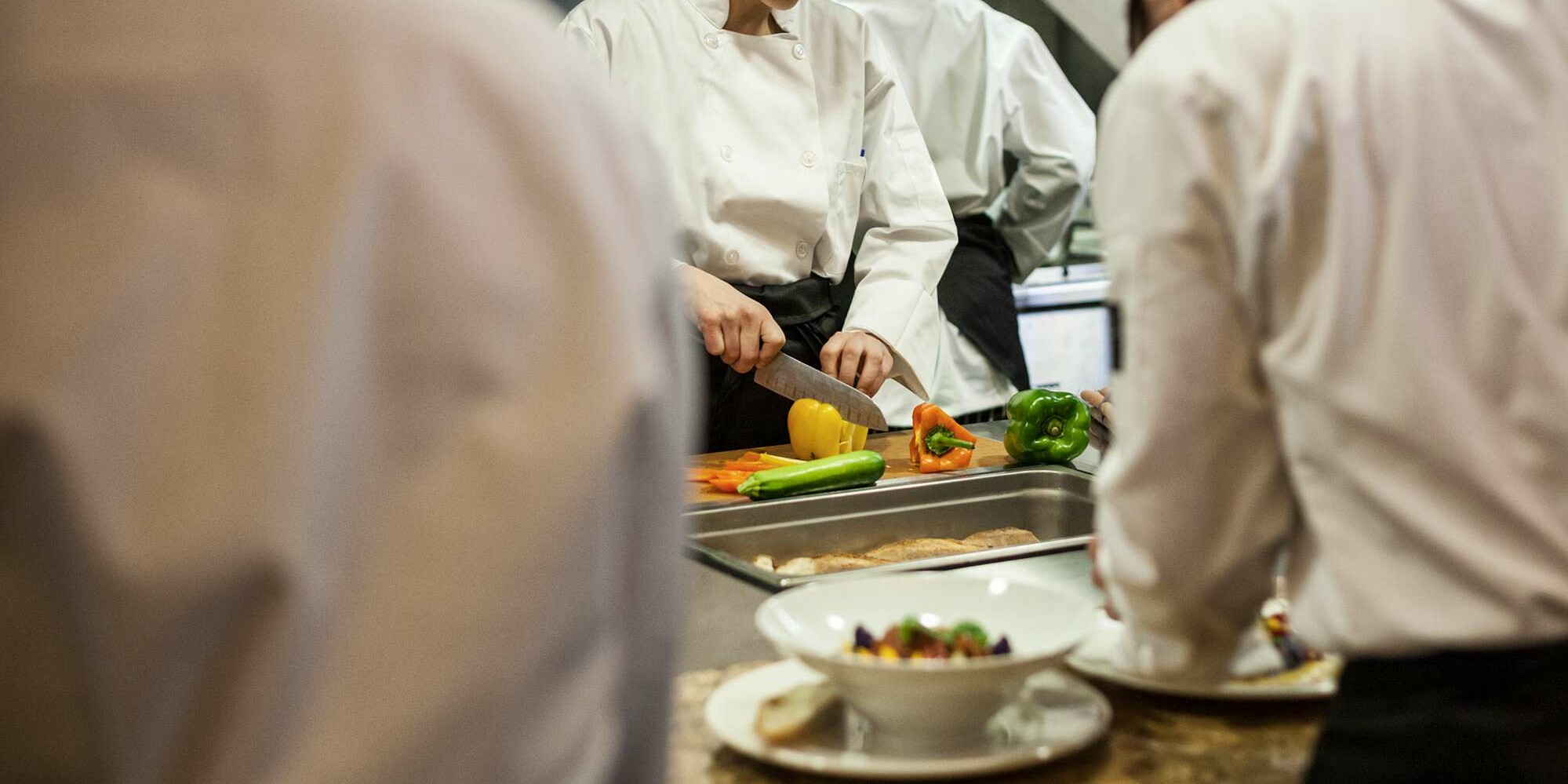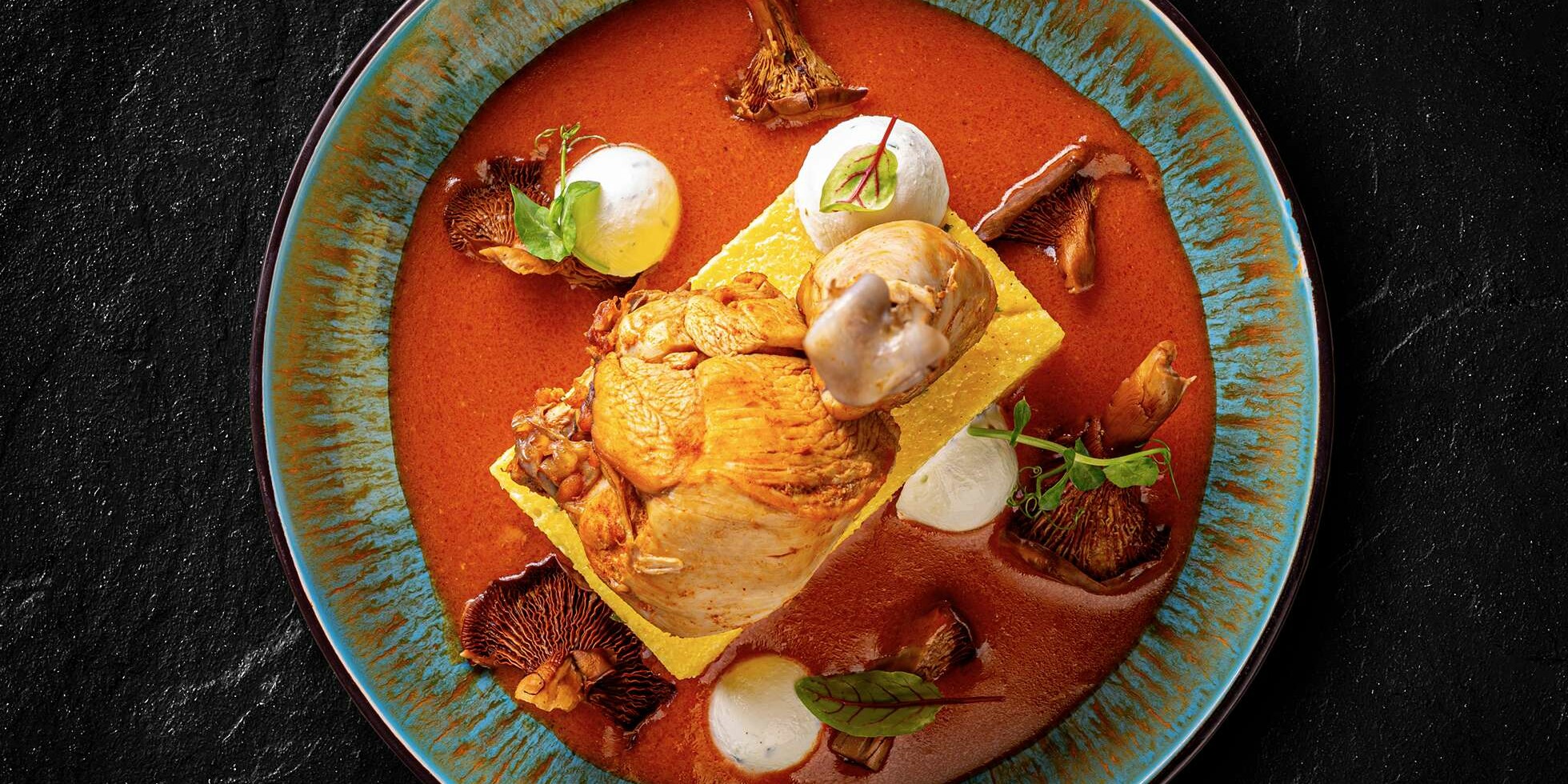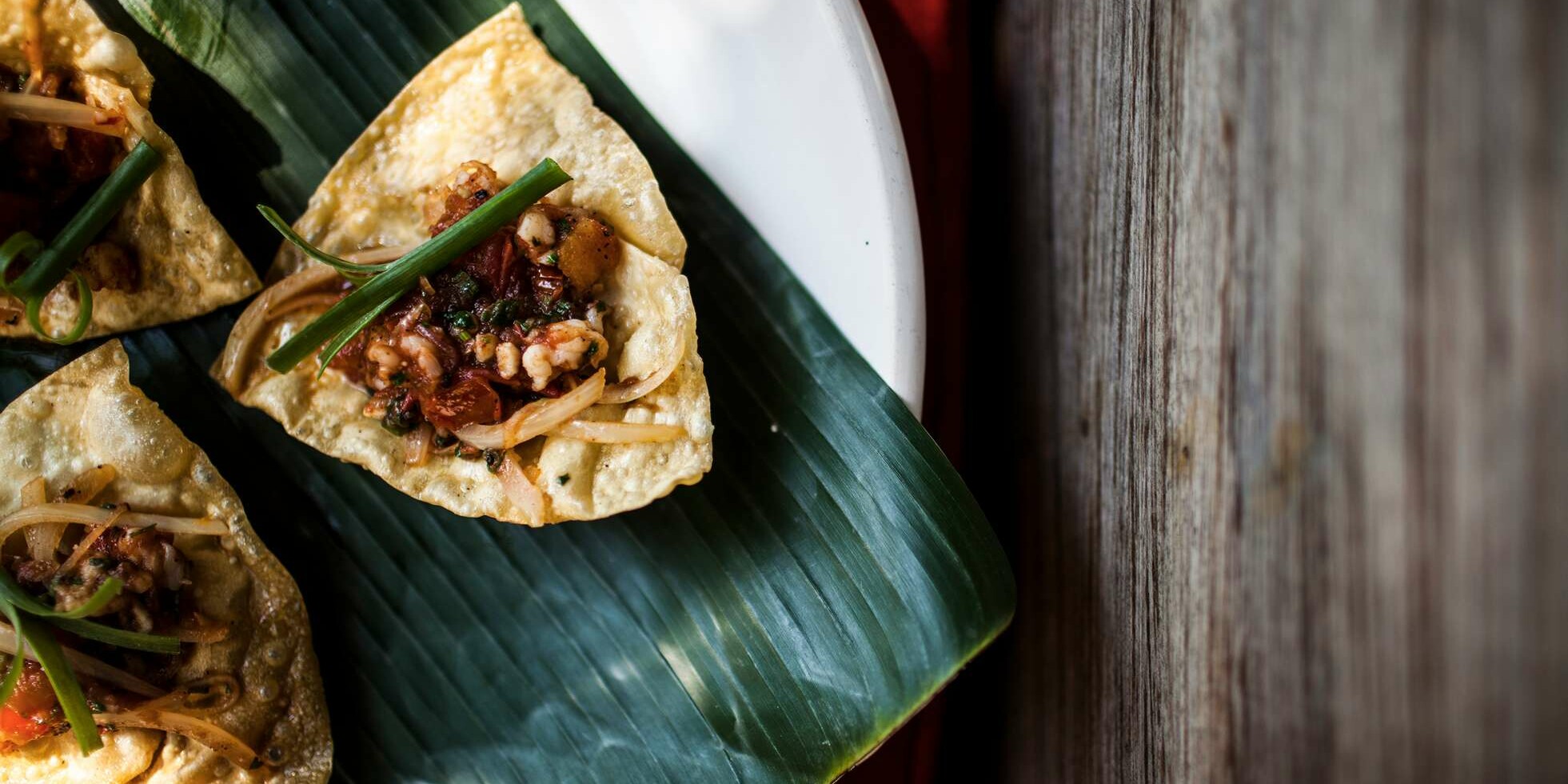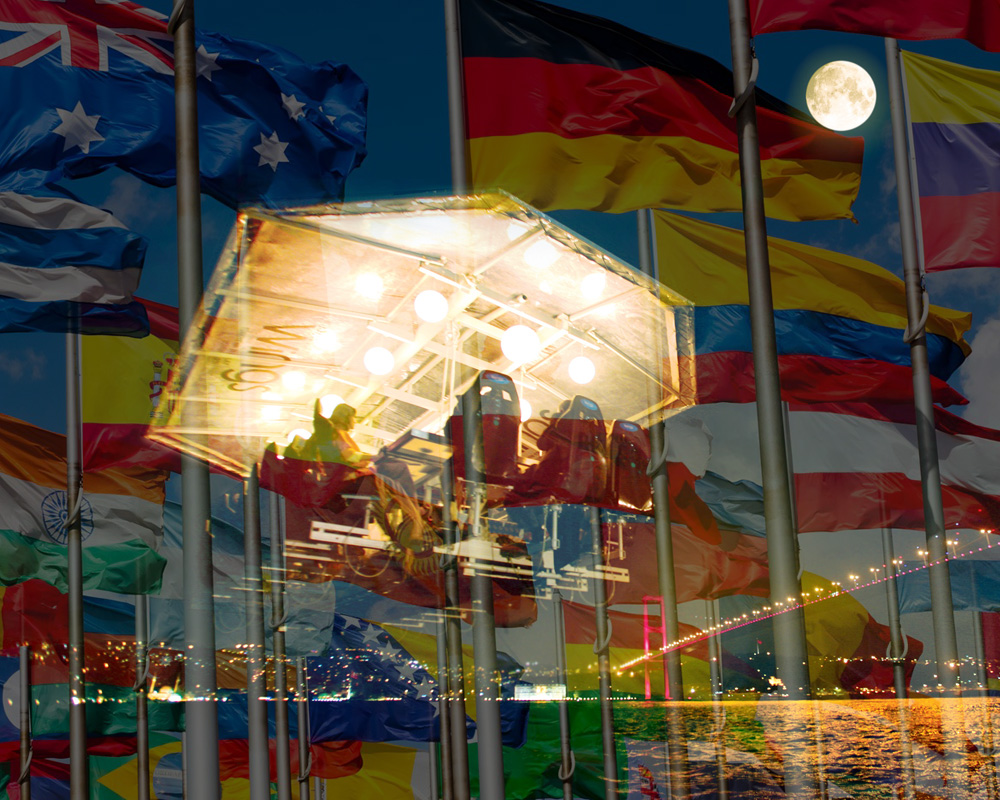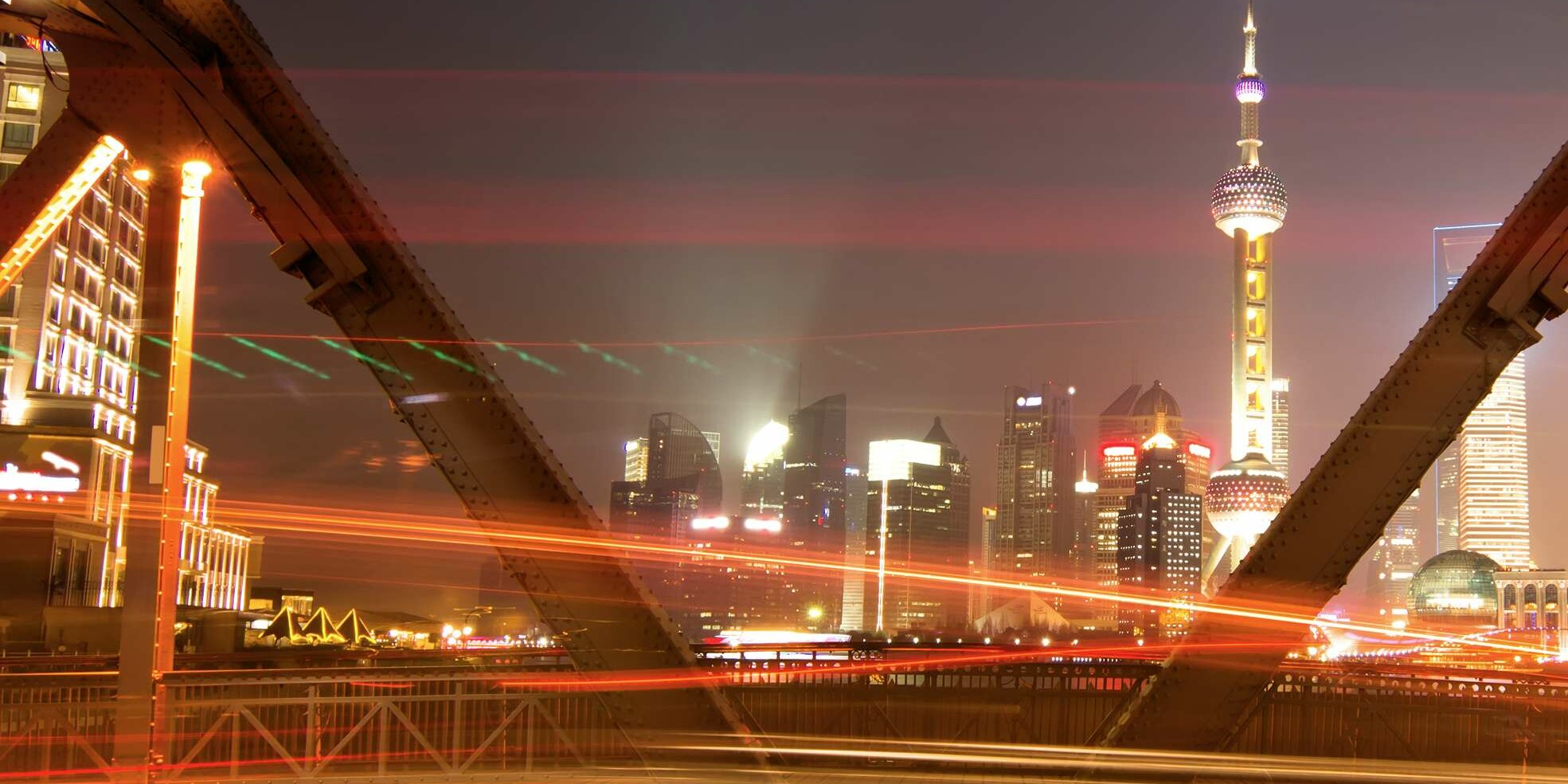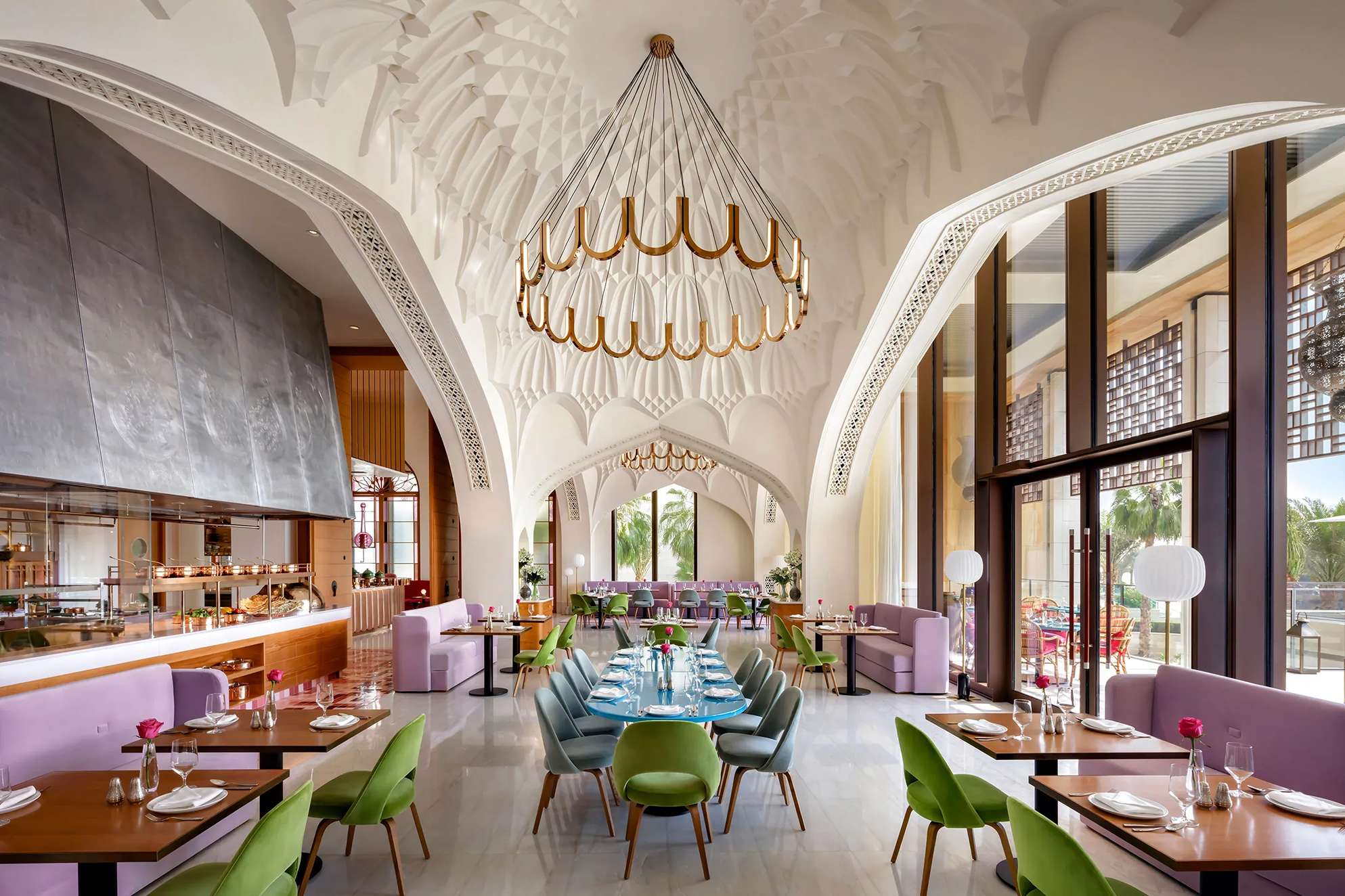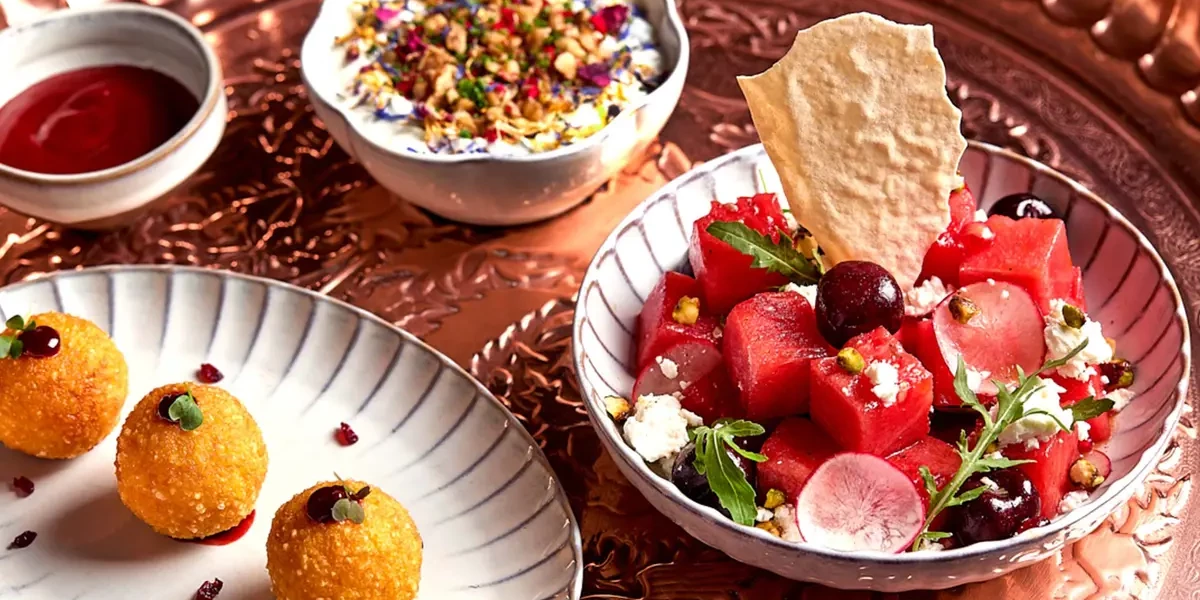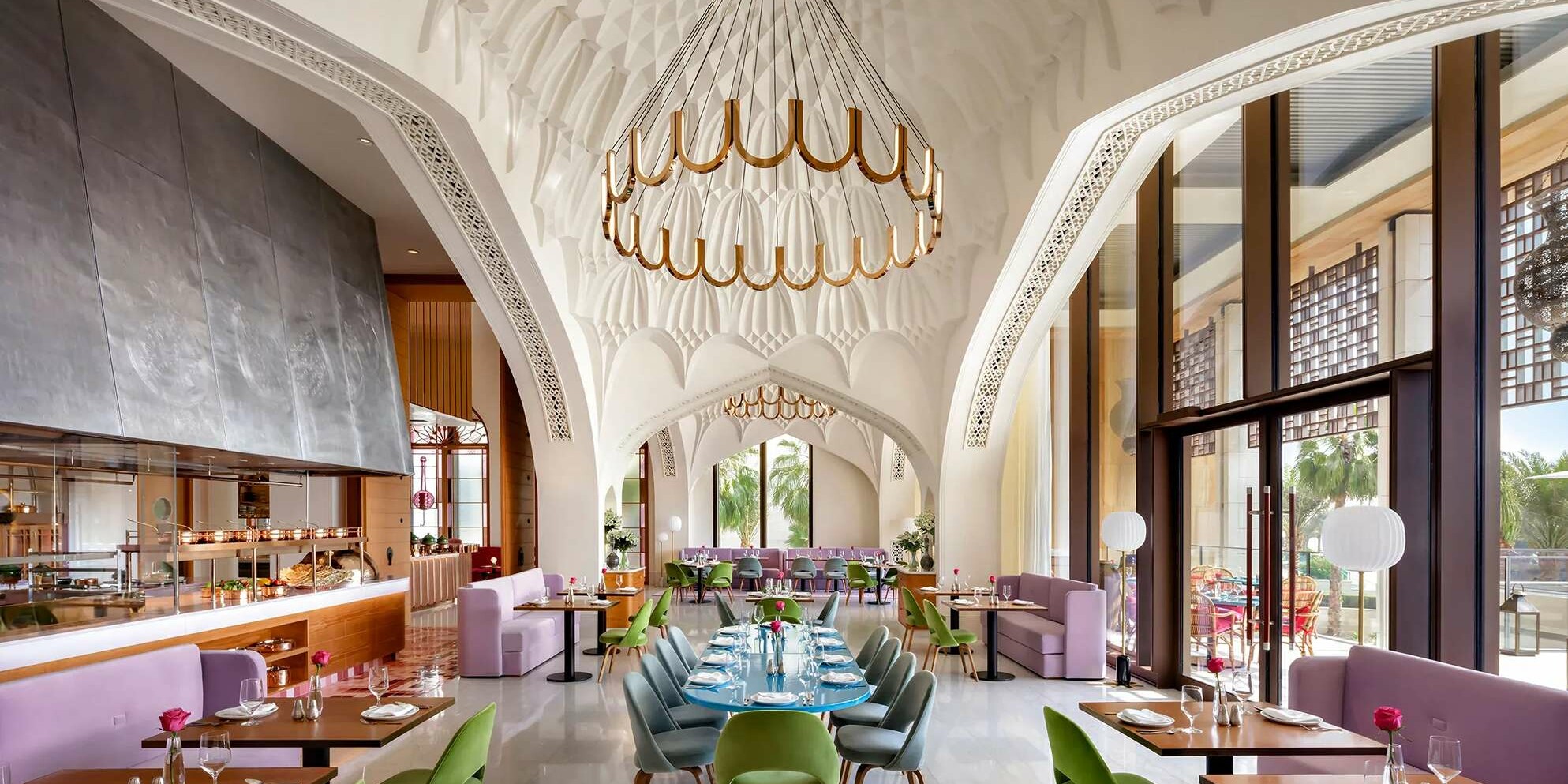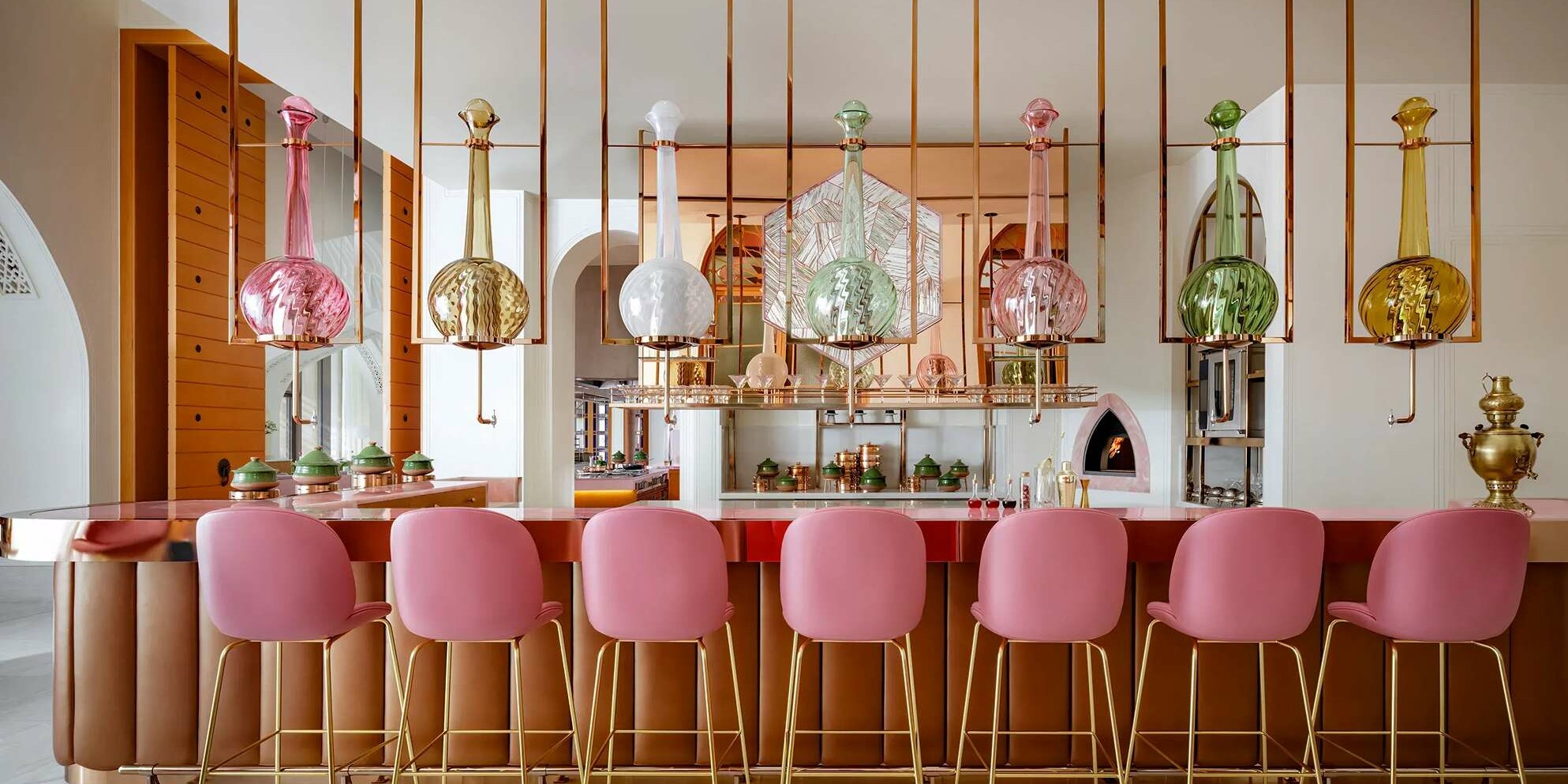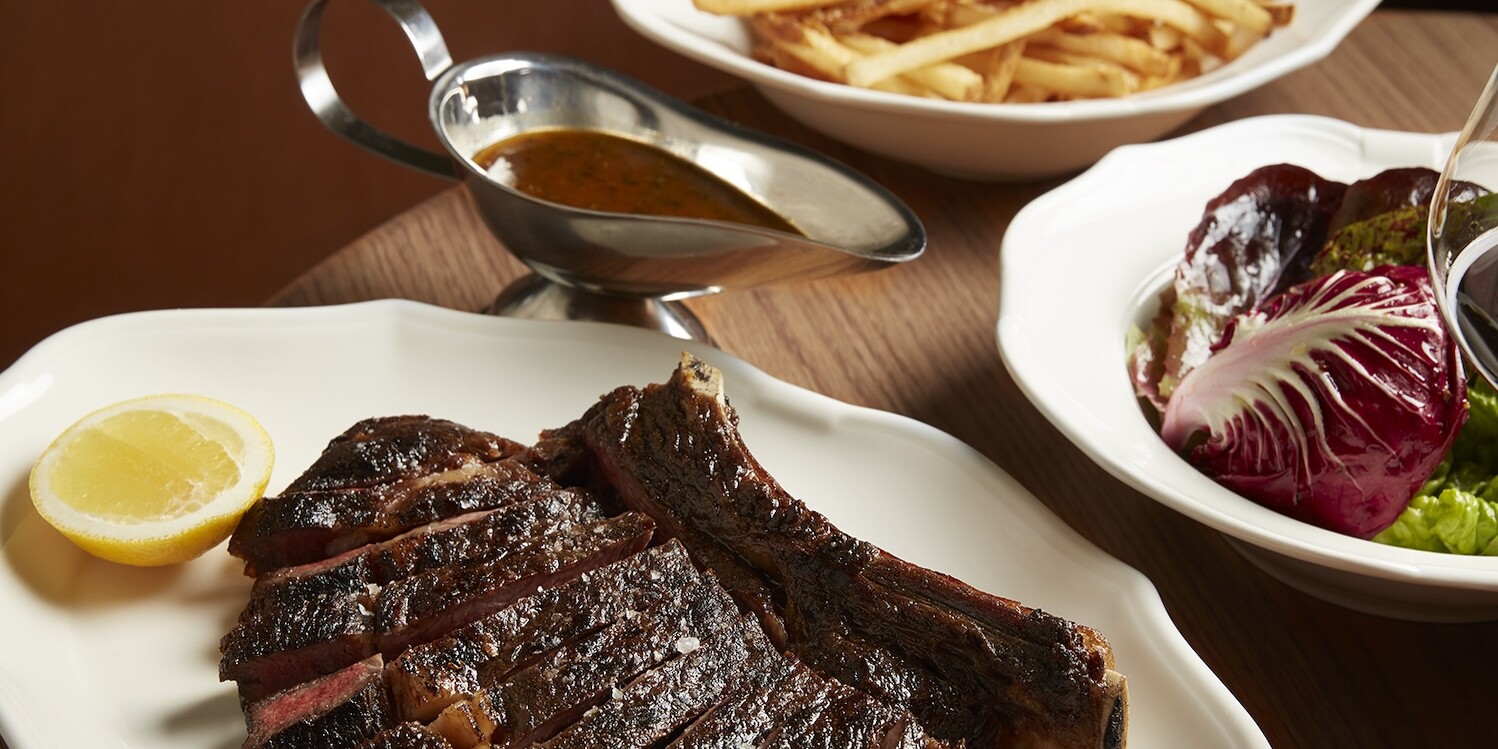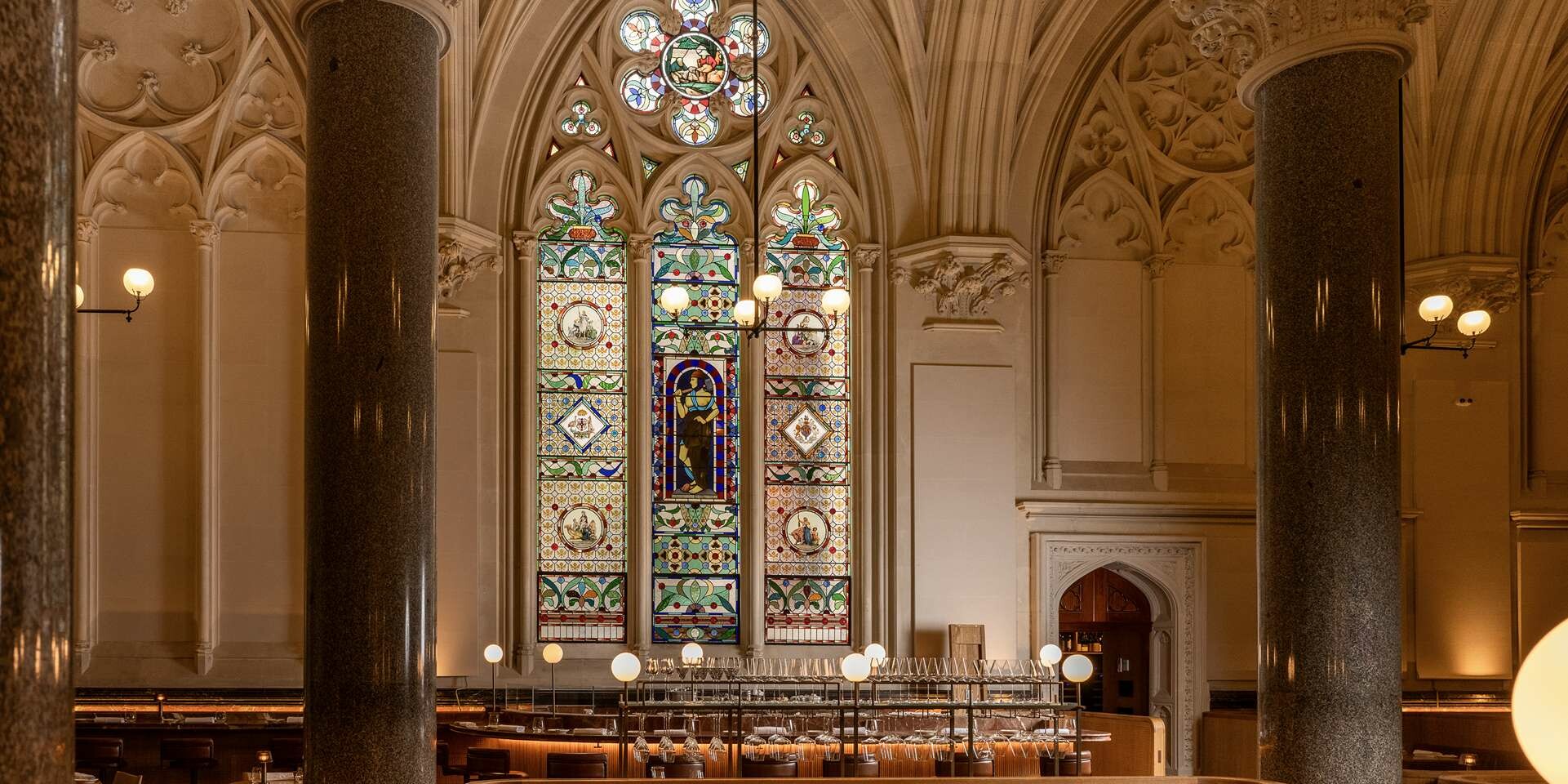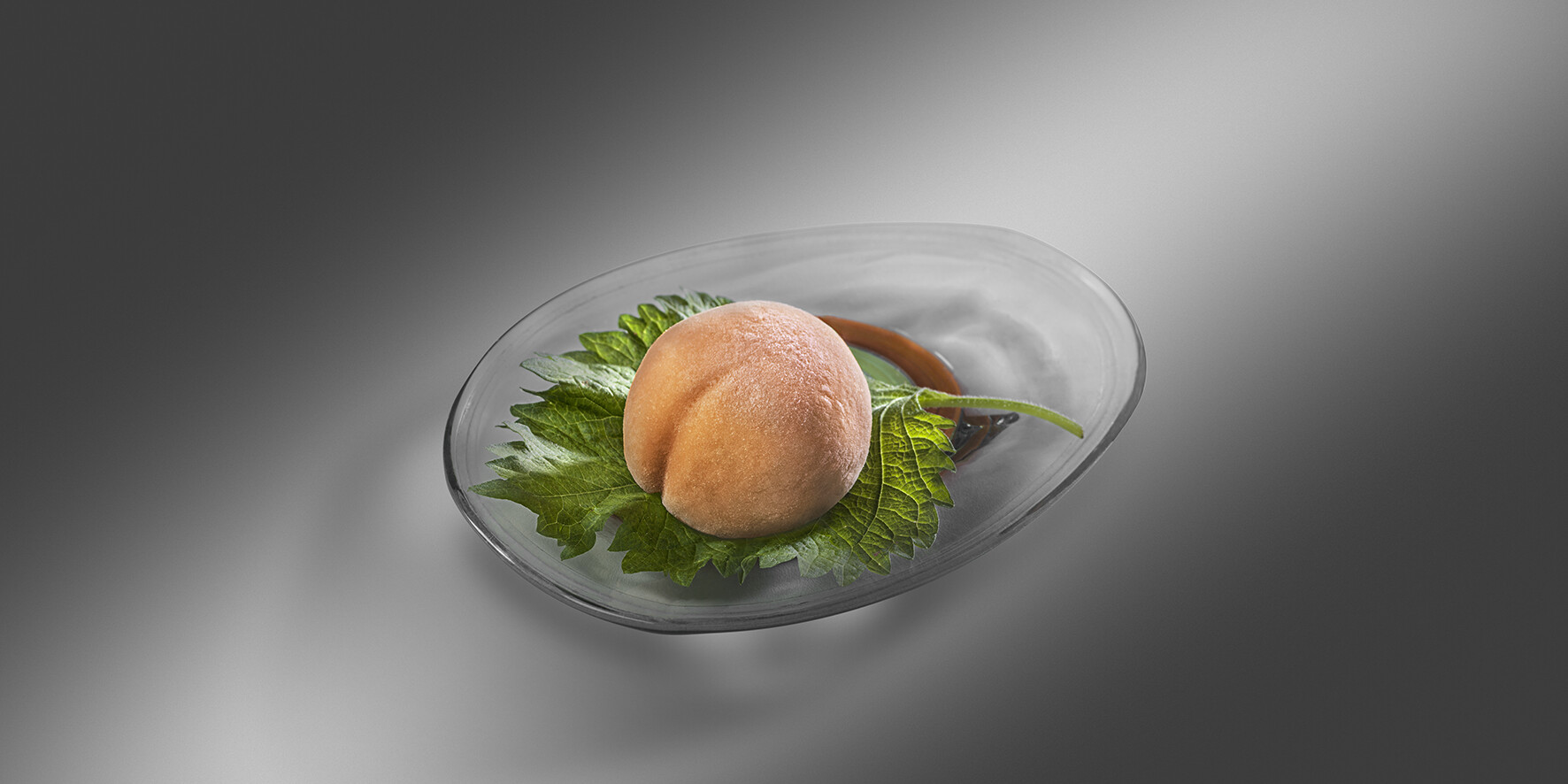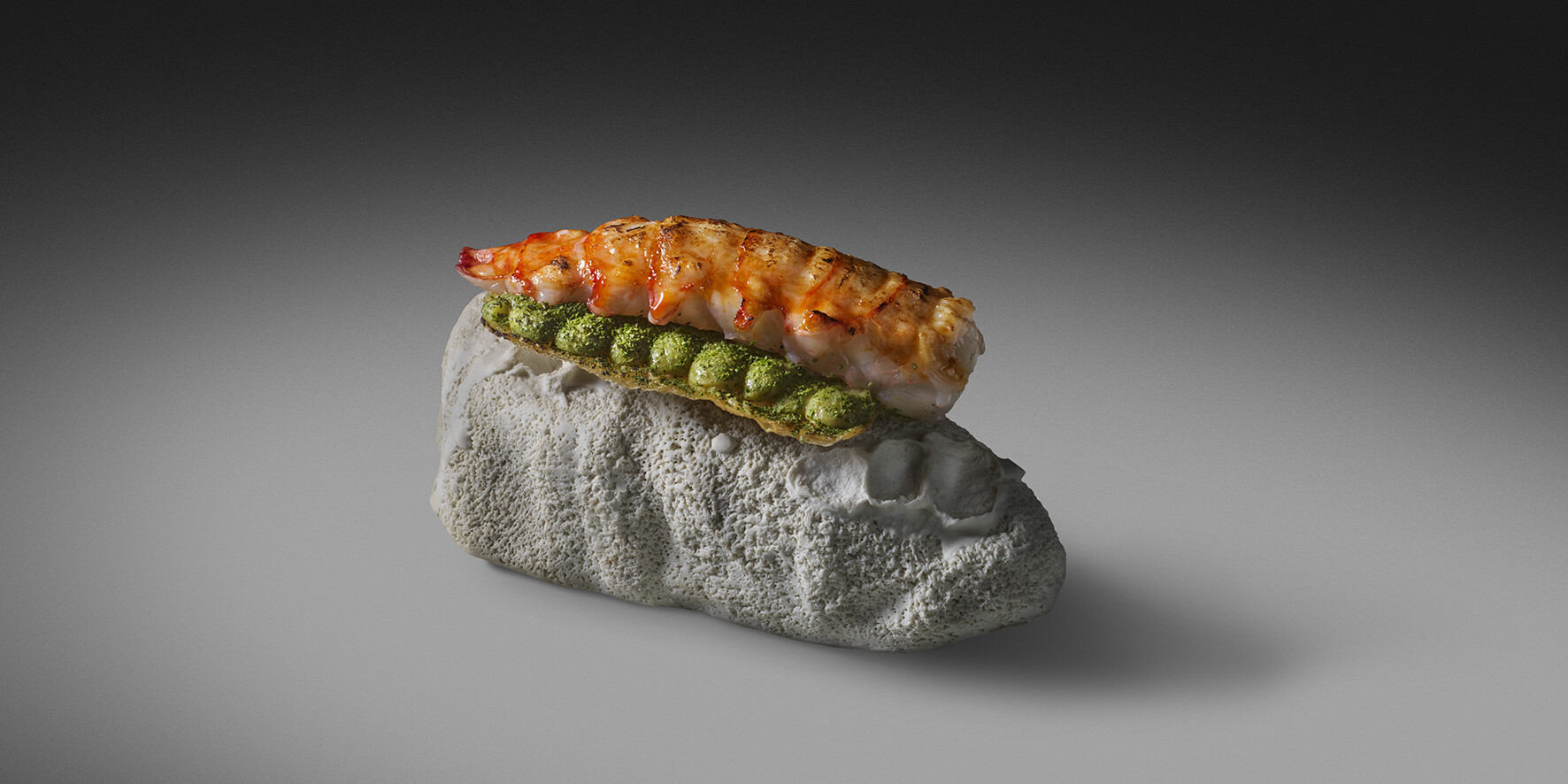The "must-haves" for a successful expansion
Branding as a Pillar of International Growth
Branding is essential for restaurants wishing to expand internationally. A strong, consistent brand helps you stand out in competitive markets and create an emotional connection with customers.
This involves defining a unique value proposition that solves a specific market need, while differentiating itself from competitors.
Companies that invest in their people and customer experience are 4.2 times more profitable than others. Delivering consistent, engaging customer experiences, regardless of the point of contact, is crucial to customer loyalty and sustainable growth.

Strategy and Positioning: Keys to Global Expansion
An effective positioning strategy is based on a well-defined identity, relevant content and clear commitments.
Restaurateurs need to understand the needs and aspirations of their target audience to build a brand strategy that fits.
A collaborative and participative approach, involving all the company’s stakeholders, is essential to ensure the coherence and effectiveness of the positioning strategy.
By adopting these new dynamics and strategies, modern culinary concepts can not only secure the necessary funding for their launch but also establish a solid foundation for successful international growth.
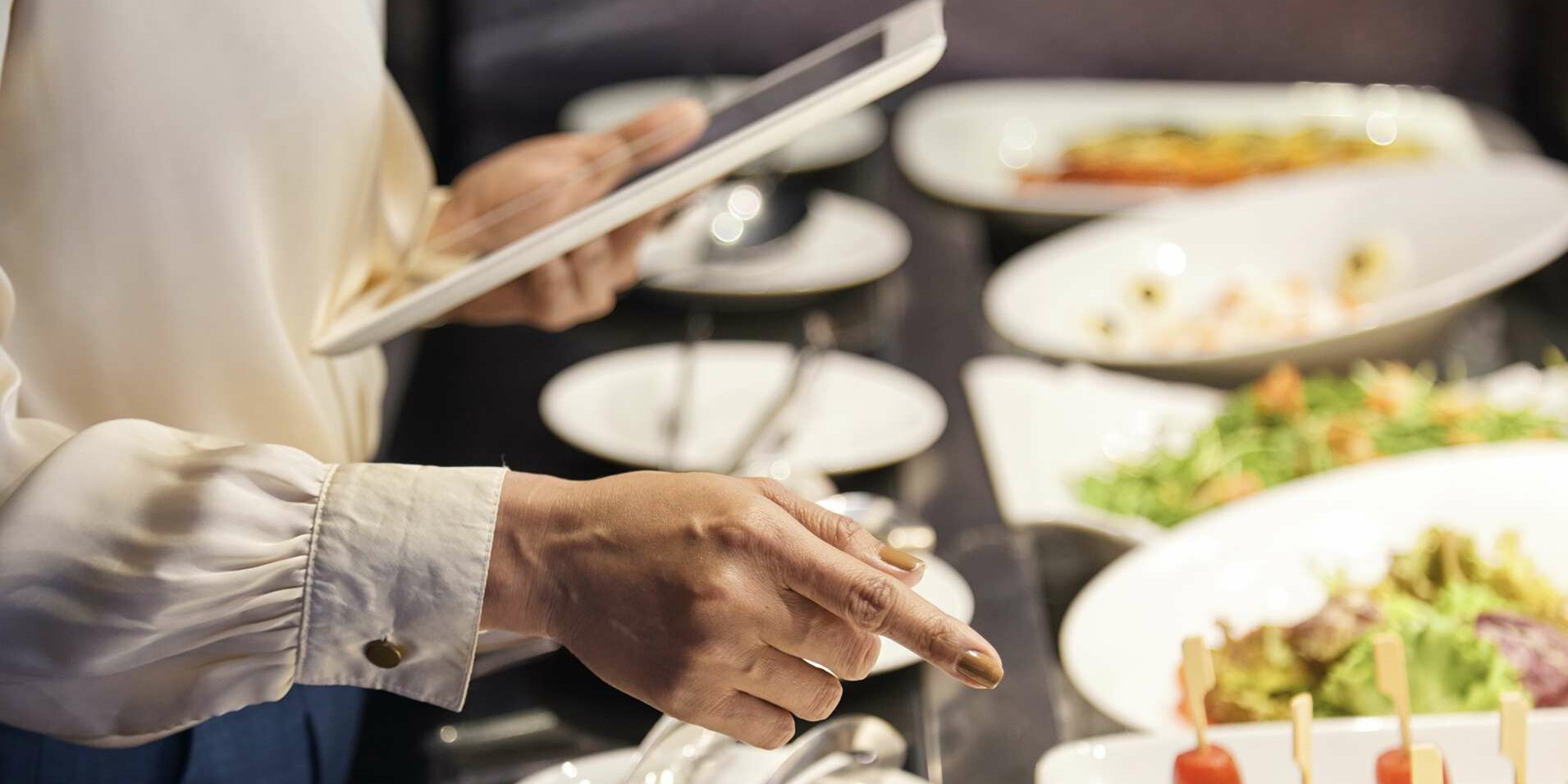
Digitalization and Technological Innovation in Fine Dining
Digitalization will be a central pillar for restaurateurs in 2025. Consumers now demand personalized, seamless experiences, both online and in the dining room. Artificial intelligence (AI) and Big Data play a crucial role in enabling restaurateurs to anticipate customer preferences and propose tailored offers, thereby increasing sales and customer satisfaction.
For example, restaurant digitalization startup Honei has raised 1.45 million euros to accelerate its expansion and strengthen its technology, in particular its QR code ordering and payment solution. Led by 4Founders Capital with the participation of Abac Nest, Wayra and Decelera, this round of funding will enable Honei to develop new solutions to optimize restaurant operations and improve customer relations.
These trends illustrate a profound transformation in the fine dining sector, where digitalization, technological innovation, and strategic partnerships are essential to attract investments and ensure sustainable growth. Those players who can adapt to these changes will be best positioned to thrive in a constantly evolving market.
Financing and fundraising for catering 2025
New Financing Strategies for Modern Culinary Concepts
Restaurateurs are turning to innovative business models to finance their projects. Food trucks, for example, require lower initial investments and offer greater flexibility, allowing new culinary concepts to be tested with reduced financial risk.
Similarly, dark kitchens, commercial kitchens dedicated exclusively to delivery, reduce the costs associated with running a traditional dine-in restaurant while meeting the growing demand for home delivery. These models allow entrepreneurs to enter the market with lower investments, while offering the flexibility to quickly experiment and adapt their offerings based on customer feedback.
So, what about fundraising rounds?
Fundraising in the restaurant sector is experiencing unprecedented momentum in 2025, reflecting major trends that are redefining investment strategies and business models in the industry.
Recent initiatives by groups such as Big Mamma and Moma Group illustrate this shift towards innovative and rapidly expanding high-end dining concepts.
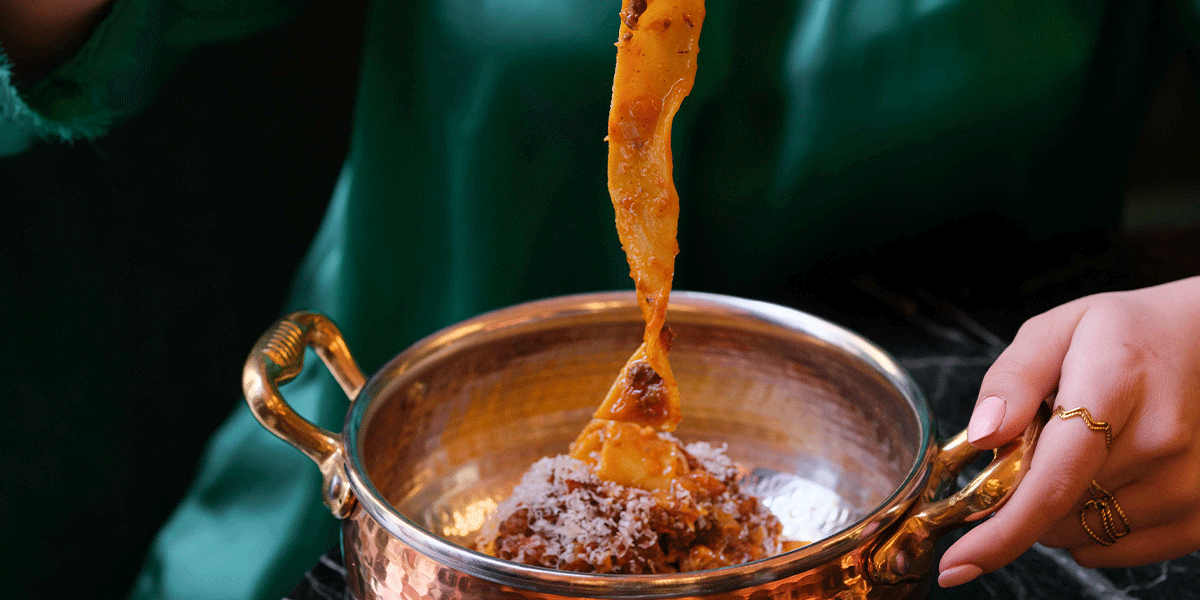
International Expansion and Strategic Partnerships
High-end restaurant groups aim to expand their presence beyond national borders, thereby attracting the attention of investors. The Moma Group, founded in 1997 by Benjamin Patou, is renowned for its iconic establishments such as Lapérouse, Le Boeuf sur le Toit, Mimosa, and Noto.
In November 2023, the group announced the entry of Butler Industries, led by businessman Walter Butler, as a significant minority shareholder. This strategic partnership aims to accelerate Moma Group’s development, with the ambition to open more than 30 new establishments by 2025, notably in the United States, the Middle East, and major European capitals.

Focus on Notable Fundraising Rounds
Several players in the sector have recently completed significant fundraising rounds to accelerate their growth. For example, the French brand BChef secured an initial funding round of €2.5 million from the FPCI Food Invest II fund. This investment aims to strengthen the company’s operations, develop a new version of the concept, and acquire several flagship locations in a drive-through format.
The restaurant industry is evolving rapidly, adopting new dynamics and strategies to finance modern culinary concepts. Entrepreneurs are exploring innovative approaches to ensure the viability and growth of their establishments.
The most prevalent high-end concepts in the world

The most prevalent high-end concepts in the world
In the global fine dining landscape, several groups stand out for their ability to export the French art of living and adapt to international markets while preserving the essence of their identity. Among them, Paris Society, RIKAS Hospitality Group, DB Group, Nobu, Hakkasan, Cipriani, Zuma, and Beefbar exemplify this dynamic.
- Zuma: Inspired by the Japanese izakaya, Zuma offers contemporary Japanese cuisine in an elegant yet relaxed setting. With locations in key cities such as London, Hong Kong, Dubai, and New York, Zuma has successfully attracted an international clientele seeking authentic culinary experiences.
- Beefbar: Founded by Riccardo Giraudi, Beefbar is dedicated to meat lovers, offering a selection of the finest meats from around the world in a modern and luxurious setting. Since opening its first location in Monaco, Beefbar has expanded internationally, with restaurants in Paris, Hong Kong, Dubai, and Mexico, combining culinary excellence with refined design.
- Paris Society: Founded in 2008 by Laurent de Gourcuff, Paris Society has become a key player in hospitality, with a portfolio of over 70 venues, including restaurants, clubs, hotels, and event spaces. The group is renowned for its innovative concepts and keen sense of aesthetics, delivering immersive experiences that captivate an international clientele.
- RIKAS Hospitality Group: Based in Dubai, RIKAS is a collection of award-winning destinations founded by Parisian Rizwan Kassim. The group stands out for its creativity and authentic hospitality, offering a diverse range of concepts spanning French, Portuguese, Japanese, and Middle Eastern cuisines. Notable establishments include La Cantine du Faubourg, Mimi Kakushi, and Twiggy.
- DB Group: Founded by David Barokas, DB Group has established itself in the luxury hospitality sector with iconic venues such as La Guérite in Cannes and Shellona in Saint-Barthélemy and Saint-Tropez. The group plans to expand its premium concepts internationally, with projects targeting markets such as Turkey, the United States, and the United Arab Emirates.
- Cipriani: Founded in Venice in 1931, Cipriani is synonymous with Italian elegance and refined cuisine. The brand has successfully expanded internationally, with venues in cities such as New York, Hong Kong, Monte-Carlo, and Miami, all while preserving the essence of Italian hospitality.
- Nobu: Co-founded by chef Nobu Matsuhisa and actor Robert De Niro, Nobu is an iconic global brand that blends contemporary Japanese cuisine with Peruvian influences. With venues in major cities worldwide, Nobu continues to expand its international presence, with recent openings in Bangkok, Toronto, and New Orleans.
- Hakkasan: Originating from London, Hakkasan is renowned for its modern Cantonese cuisine and sophisticated interior design. The group has expanded internationally, with restaurants in cities such as Las Vegas, Miami, Dubai, and Shanghai, offering a high-end culinary experience to a cosmopolitan clientele.
These groups exemplify the ability to export expertise in luxury hospitality by adapting to local cultural nuances while maintaining high standards of quality and innovation. Their success reflects the dynamic nature of the fine dining sector, where the blend of tradition and modernity captivates an international clientele seeking unique experiences.
Why invest in avant-garde gastronomy?
Investing in avant-garde gastronomy represents a unique opportunity for investors eager to support culinary innovation and discover emerging talents who are redefining the standards of contemporary cuisine. By partnering with dedicated platforms such as Bouchées Doubles, investors can gain access to an exclusive network of promising chefs and actively participate in the evolution of the gastronomic landscape. This approach not only helps promote innovative culinary initiatives but also allows investors to benefit from the economic and cultural returns associated with advancing haute cuisine.
Avant-Garde Gastronomy: A Sector in Full Bloom
Avant-garde gastronomy is characterized by a bold and innovative approach to cooking, where chefs push the boundaries of culinary techniques and flavor combinations. This ever-evolving movement captures the attention of critics and food lovers worldwide, generating a growing enthusiasm for unique dining experiences.
Investing in this sector allows you to support projects that reinvent gastronomy while meeting the growing demand for avant-garde culinary experiences.
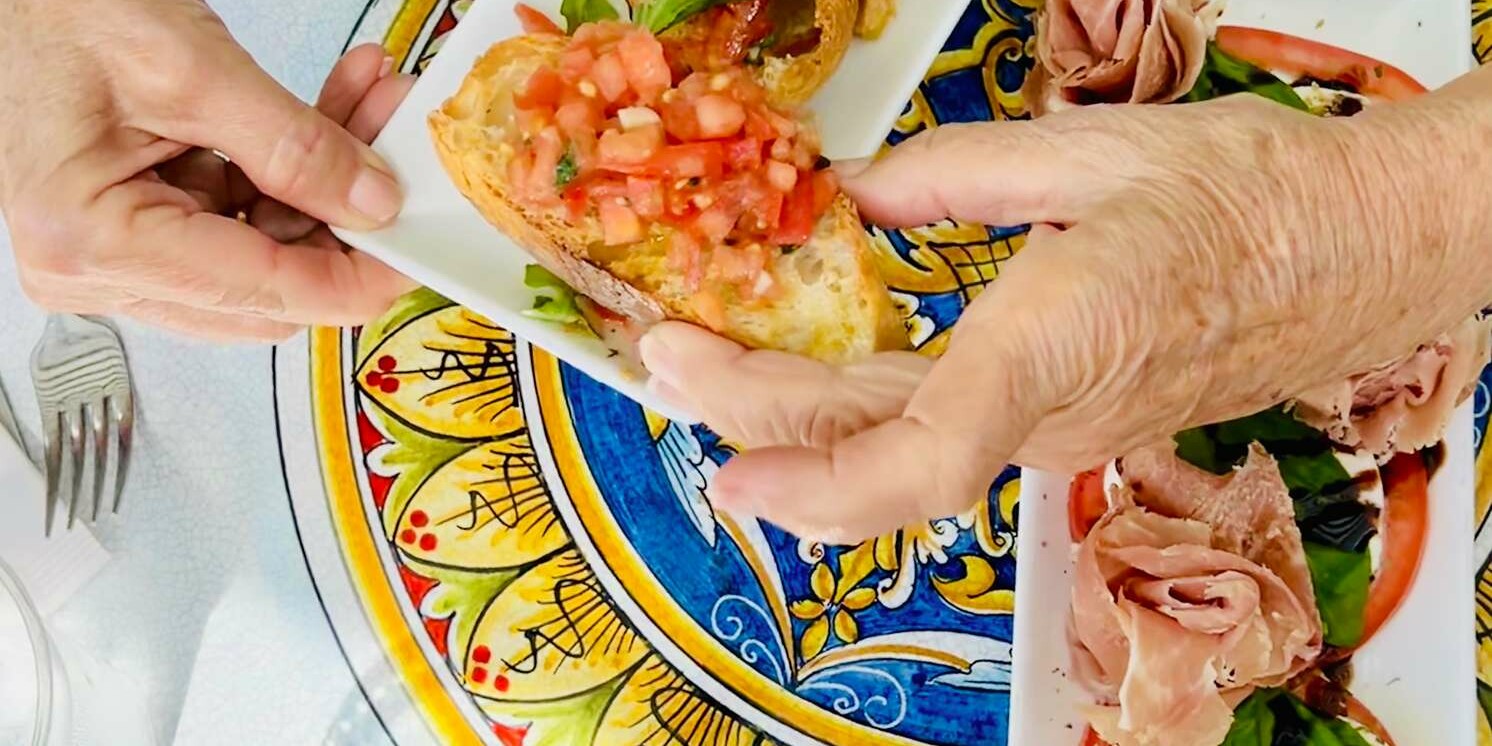
Bouchées Doubles: A Gateway to Emerging Talents
Bouchées Doubles positions itself as a key platform for investors looking to identify and support the most promising talents in the gastronomic scene. Thanks to its extensive network and deep industry knowledge, Bouchées Doubles provides visibility into innovative chefs and emerging culinary concepts.
This gateway facilitates connections between investors and project leaders, thereby promoting the development of new gastronomic initiatives.

The Benefits of Investing in Avant-Garde Gastronomy
Supporting avant-garde gastronomy offers several advantages for investors. First, it allows them to contribute to the enrichment of culinary culture and the growth of haute cuisine. Additionally, avant-garde projects often receive significant media coverage, which boosts their visibility and appeal.
Finally, culinary innovation can pave the way for new business opportunities, including the development of derivative products or franchisable concepts.
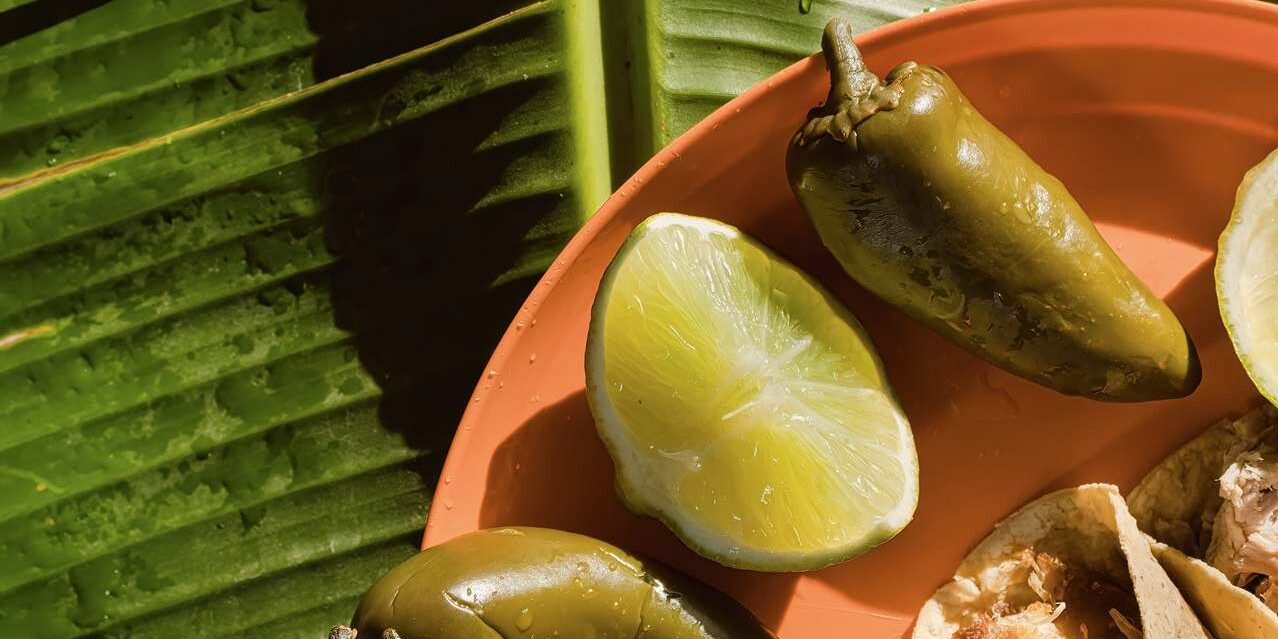
How Bouchées Doubles Facilitates Investment in Innovative Gastronomy
By collaborating with Bouchées Doubles, investors gain access to a carefully curated selection of innovative gastronomic projects. The platform offers detailed analyses of market trends, profiles of emerging chefs, and investment opportunities tailored to investors’ goals. Furthermore, Bouchées Doubles supports investors throughout the entire process—from project identification to the implementation of support strategies—ensuring optimal guidance to maximize the potential of each investment.
In conclusion, investing in avant-garde gastronomy through specialized platforms like Bouchées Doubles offers a unique opportunity to support culinary innovation while making meaningful and valuable investments. This approach enables active participation in transforming the gastronomic landscape and contributes to the emergence of talents who will shape the cuisine of tomorrow.
The world's most unusual concepts
The world of dining never ceases to amaze with increasingly bold and innovative concepts, turning a simple meal into a memorable experience. Here is a selection of unusual restaurants from around the globe that push the boundaries of culinary and architectural creativity.
Dinner in the Sky – An Aerial Dining Experience
Conceived in Belgium in 2006, Dinner in the Sky offers guests the chance to enjoy a gourmet meal at a dizzying height of 50 meters.
Seated on a platform suspended by a crane, guests enjoy an exceptional panoramic view while savoring dishes prepared by renowned chefs such as Joël Robuchon and Heston Blumenthal. This unique concept has been brought to numerous countries, offering an unforgettable experience for thrill-seekers and lovers of fine dining alike.
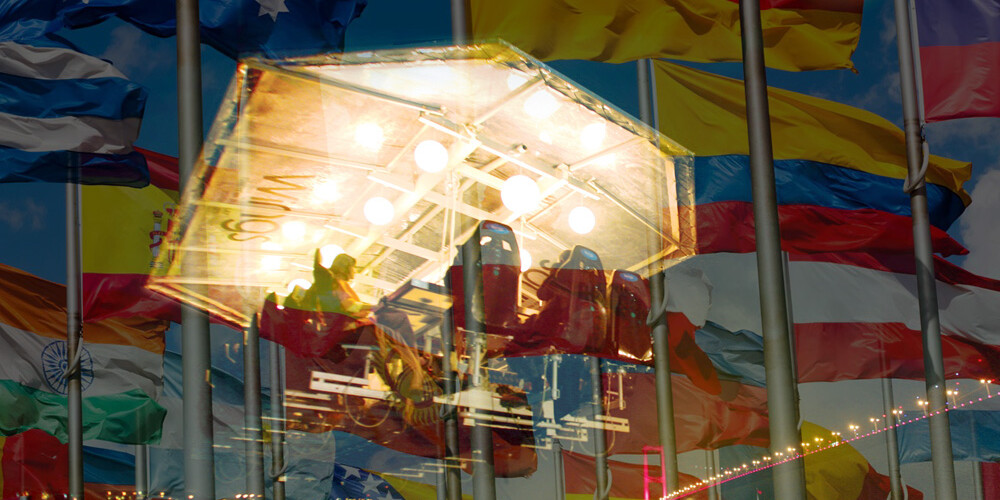
Under – An Underwater Gastronomic Immersion in Norway
Located in Lindesnes, Norway, Under is Europe’s first underwater restaurant. Designed by the architectural firm Snøhetta, the establishment takes the form of a semi-submerged monolith, offering guests a spectacular view of the North Atlantic seabed.
The interior, warm and elegant, contrasts with the harshness of the surrounding environment, creating a unique atmosphere for an extraordinary culinary experience.
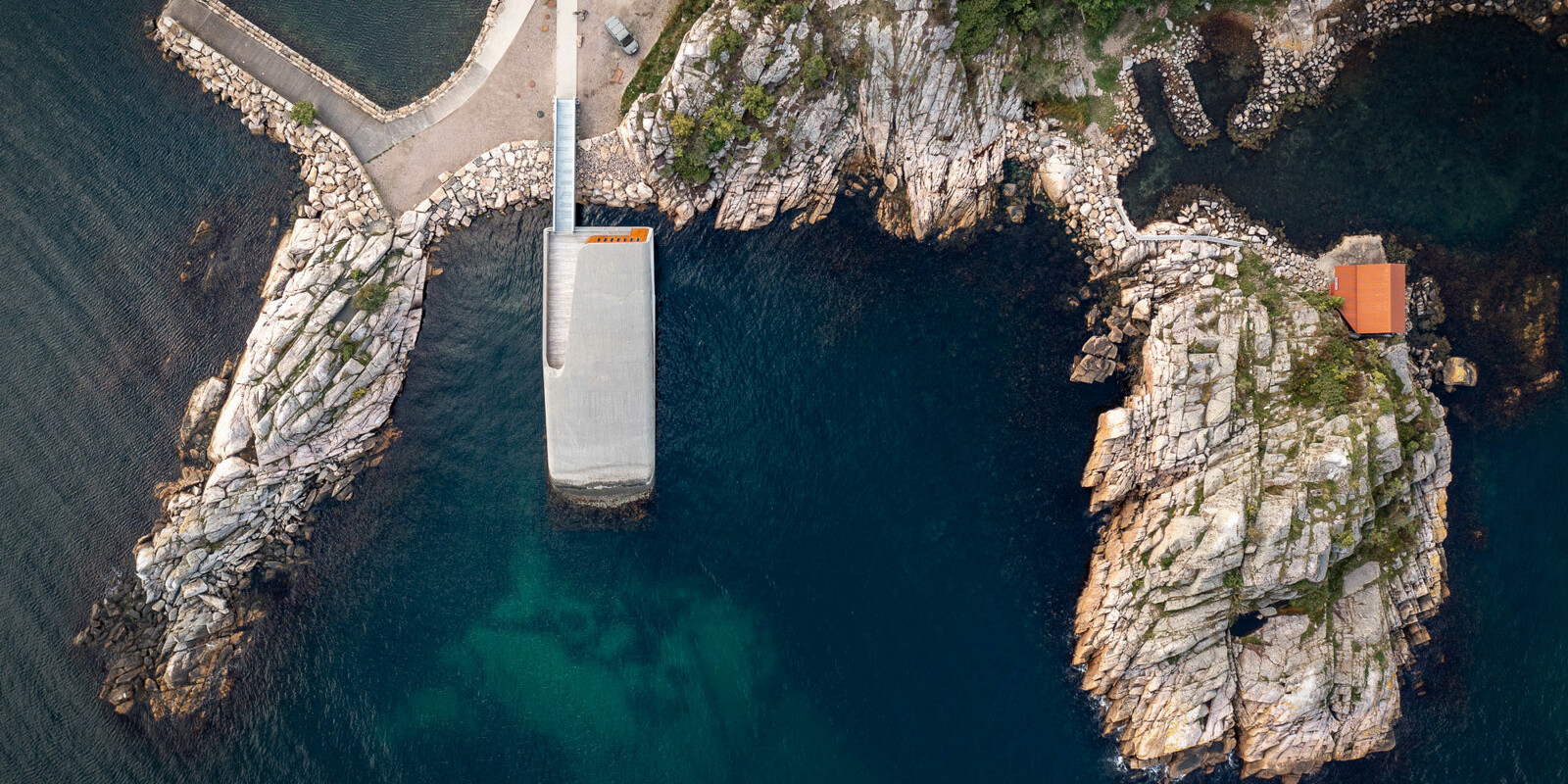
Treepod Dining – A Meal Perched in the Thai Canopy
Located within the Soneva Kiri resort on Koh Kood Island in Thailand, Treepod Dining offers a unique gastronomic experience immersed in nature. Guests are seated in bamboo pods suspended among the trees, providing breathtaking views of the tropical forest and the ocean.
Dishes are served by waitstaff who travel via zipline, adding a thrilling touch of adventure to this elevated dining experience.
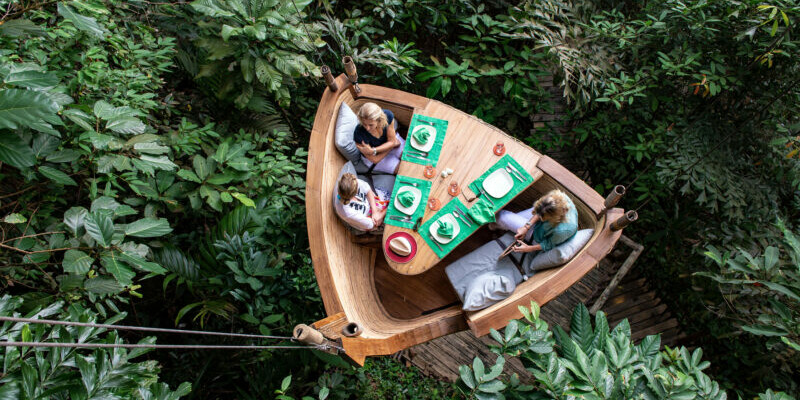
Ultraviolet by Paul Pairet – A Sensory Symphony in Shanghai
Nestled in a secret location in Shanghai, Ultraviolet is the world’s first multisensory restaurant. Created by Chef Paul Pairet, the venue offers ten guests an immersive experience where each dish is accompanied by visual projections, sounds, and scents, crafting an atmosphere perfectly in sync with the 20-course tasting menu.
This innovative approach has earned the restaurant three Michelin stars.
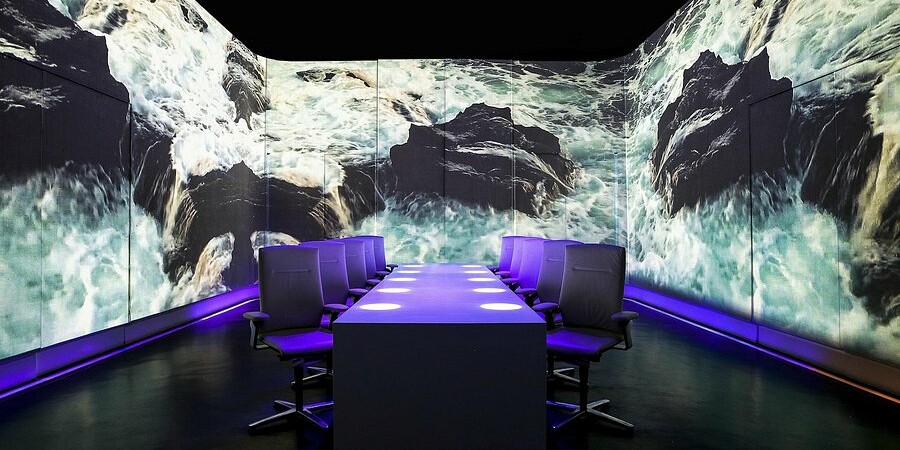
The Rock – A Gastronomic Island Retreat in Tanzania
Perched on a rock just off Michamvi Pingwe beach in Tanzania, The Rock is an iconic restaurant offering a unique culinary experience.
Accessible on foot at low tide or by boat at high tide, the restaurant offers local cuisine showcasing fresh seafood, all set in an idyllic location with panoramic views of the Indian Ocean.
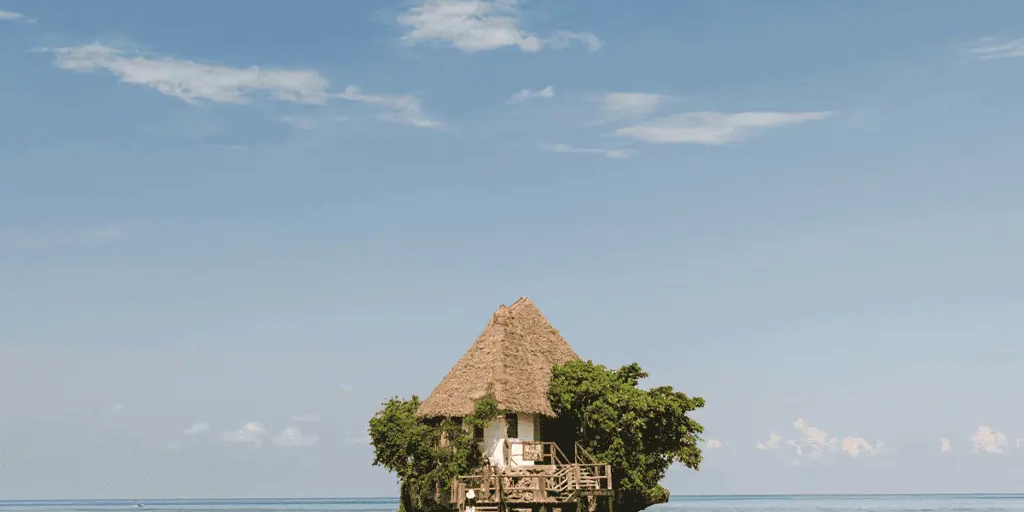
These establishments showcase the creativity and boldness of restaurateurs who constantly reinvent the dining experience, turning a simple meal into an unforgettable sensory adventure.
The best restaurants in the world

The most beautiful restaurants in the world according to the Prix Versailles (and @Forbes)
The Prix Versailles is a prestigious award that celebrates excellence in architecture and design within the restaurant industry. Each year, it highlights the most remarkable establishments around the world, combining aesthetics, innovation, and an exceptional dining experience. For 2024, the Prix Versailles has unveiled a list of 16 restaurants that stand out for their unique design and their ability to offer guests an unforgettable atmosphere.
Ariana’s Persian Kitchen – Dubai, United Arab Emirates
Located within Atlantis The Royal, Ariana’s Persian Kitchen is the first restaurant by award-winning chef Ariana Bundy. This female-led concept offers a modern take on Persian cuisine, reimagining cherished family recipes passed down through generations. Classic dishes are elevated with a contemporary twist, delivering a culinary experience that is both refined and comforting.
Reine & La Rue – Melbourne, Australia
Housed in the former trading hall of Melbourne’s 1891 Stock Exchange, Reine & La Rue has transformed this Gothic heritage space into a one-of-a-kind French dining destination. After decades of neglect, the city-listed landmark has been elegantly revived. The main restaurant, Reine, offers refined French cuisine, while the adjacent bar, La Rue—tucked away in an intimate courtyard—invites guests into a dark, moody atmosphere.
Tuju – São Paulo, Brazil
In São Paulo, Chef Ivan Ralston leads Tuju, a restaurant that adapts its cuisine according to the seasons and climate conditions, with menus named Umidade (Humidity), Chuva (Rain), Ventania (Windstorm), and Seca (Drought). Nestled on a quiet street in the Jardim Paulistano district, the establishment stands out with its three-storey vertical garden, creating a true oasis dedicated to gastronomy. The ground floor features a glass-walled wine bar and an inner courtyard, leading to the main dining room and open kitchen on the first floor.
These establishments showcase the diversity and richness of the global culinary scene, where architecture and design play a vital role in the dining experience. The Prix Versailles continues to highlight these exceptional restaurants that harmoniously blend aesthetics, culture, and gastronomy.

